There was a time when low-carb diets were in vogue, with trends like the Atkins Diet gaining momentum in the 1990s and the Keto Diet finding its place in the health-conscious world around the mid-2010s. Over the decades, people have been steering clear of carbohydrates in pursuit of healthier lifestyles. However, research has illuminated that, for the average person, carbohydrates should not be viewed with fear. Carb-rich foods such as whole grains, legumes, vegetables, and fruits are essential components of a well-rounded, healthy diet. Nevertheless, if your physician or dietitian has advised you to reduce your carbohydrate intake, incorporating more nutritious low-carb foods into your daily meals may be beneficial.
According to Melissa Rifkin MS, RD, CDN, "Incorporating a diverse range of nutritionally dense, low-carb, wholesome foods can promote overall well-being. Individuals who are overweight or need to limit their daily sugar intake, such as those with type 2 diabetes, may experience weight loss and improved glycemic control by adopting a low-carb diet." While low-carb diets have gained popularity, it's important to note that not all low-carb foods are created equal. Some products found on supermarket shelves may be labeled as "low- or zero-carb" but are often heavily processed and lack essential nutrients. This can lead to nutritional deficiencies when adhering to an overly strict low-carb regimen. However, by acquainting yourself with healthy low-carb options, including certain vegetables, fruits, grains, dairy products, eggs, meats, and seafood, you can create a more balanced dietary plan.
It's crucial to emphasize that we are not advocating for a universal reduction in carbohydrate intake. This is a decision that should be made cautiously and based on the guidance of a healthcare professional. However, if you're seeking inspiration for foods that can support a lower daily carb intake, consider exploring this compilation of 30 nutritious low-carb foods. "These foods share common characteristics—they are abundant in fiber, packed with antioxidants, and have relatively low to moderate calorie counts. Some even contain heart-healthy fats," notes Rifkin. "Most importantly, they either originate from nature or undergo minimal processing."
LOW-CARB FRUITS
1) Watermelon
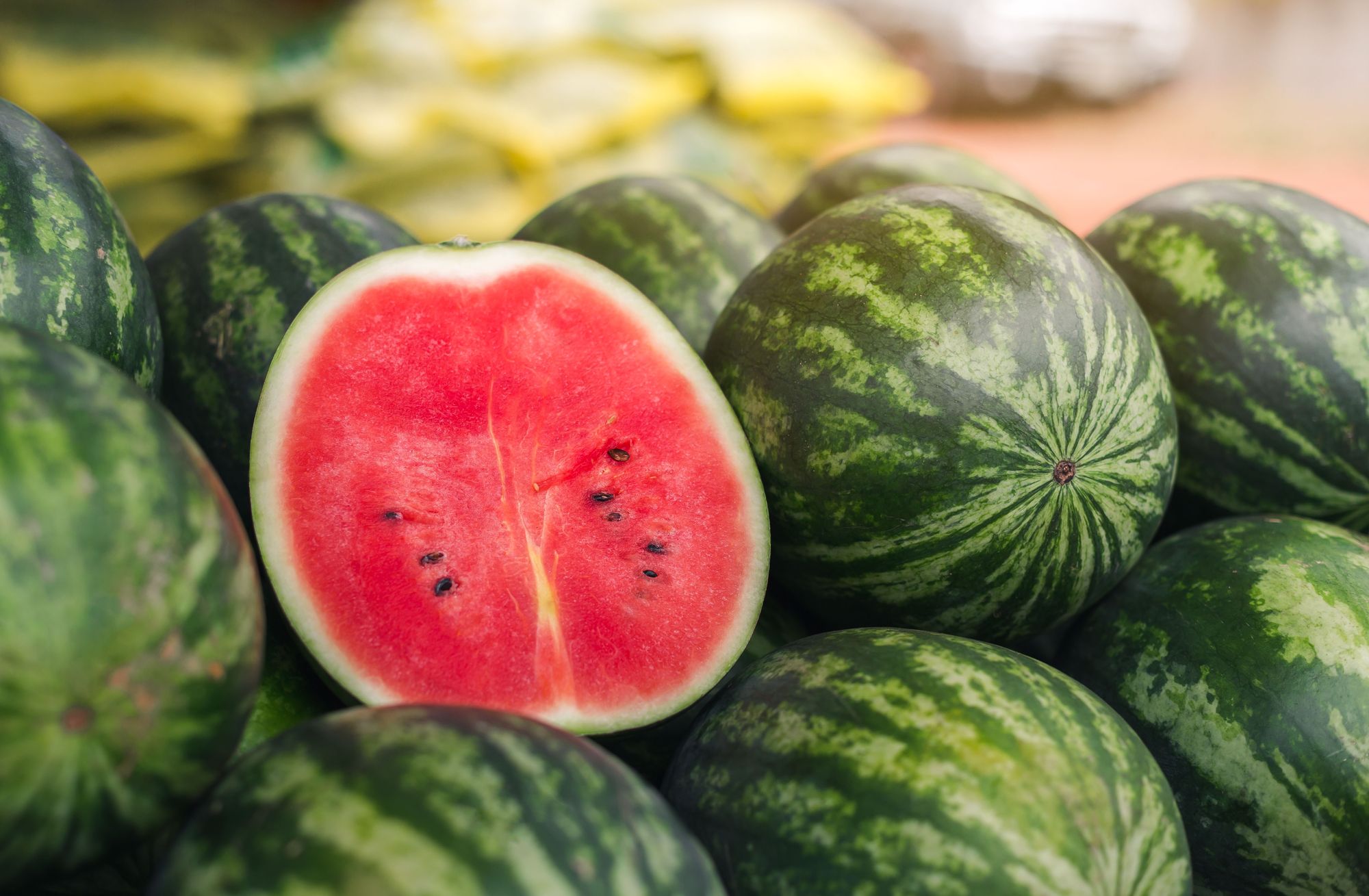
Carbs per 1 cup of diced watermelon: 11.5 grams (9.4 grams sugar, 0.6 grams fiber)
Watermelon, primarily composed of water, boasts lower carbohydrates compared to many other fruits. It's not only hydrating but also offers essential nutrients like potassium. Some research suggests it may support weight loss and management as part of a well-rounded diet.
2) Strawberries
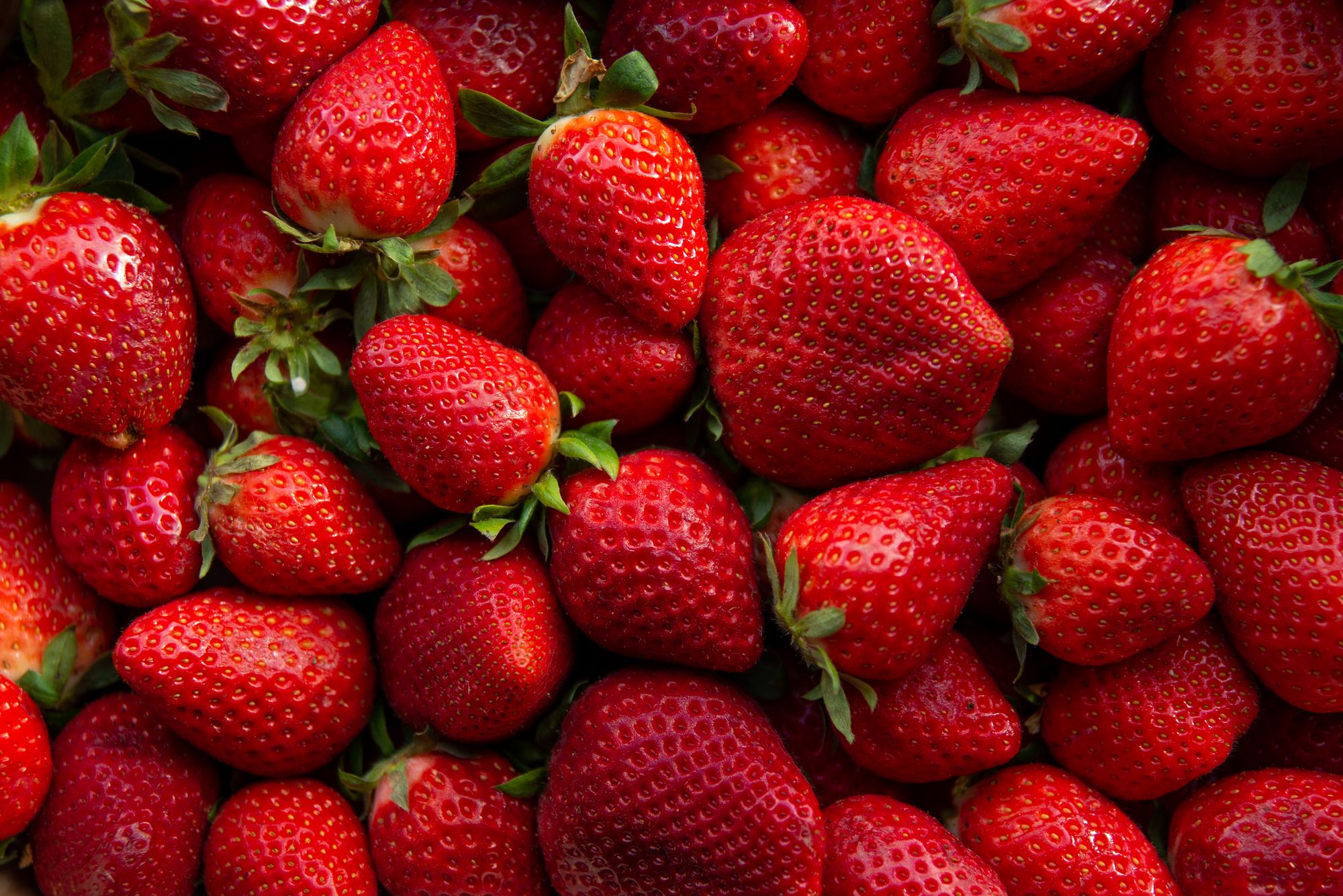
Carbs per 1 cup of halved strawberries: 11.7 grams (7.4 grams sugar, 3 grams fiber)
According to Lauren Manaker, MS, RDN, strawberries are on the lower end of the carbohydrate spectrum among fruits. Beyond their low-carb content, strawberries offer various health benefits, such as potential improvements in heart and brain health when consuming two servings daily over eight weeks.
3) Olives
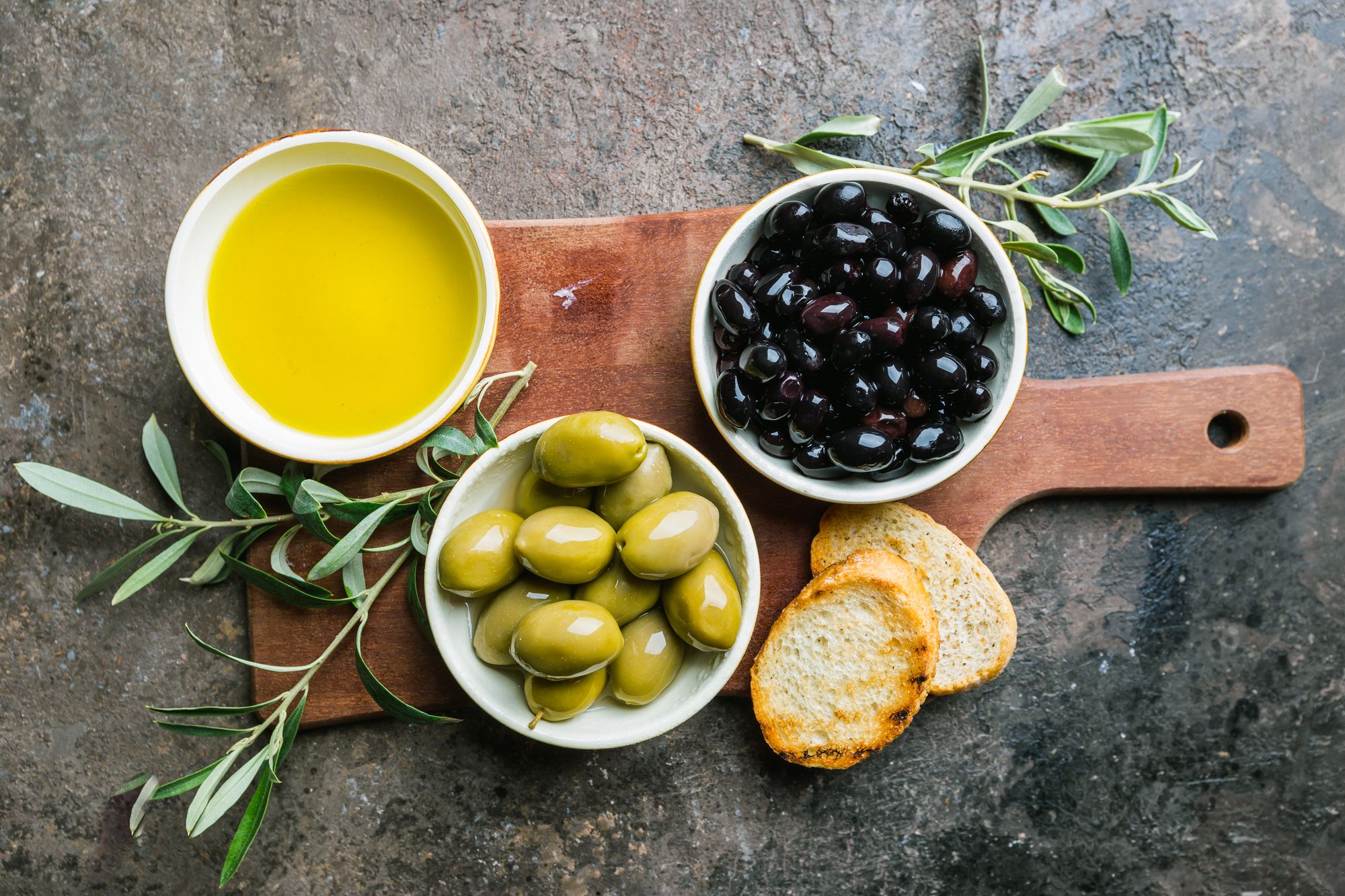
Carbs per 5 pickled green olives: 0.5 grams (0.1 grams sugar, 0.4 grams fiber)
Although some might not consider olives as fruit, these salty bites are excellent choices for a healthy, low-carb snack. They not only help you maintain a low carb intake but also supply iron, copper, vitamin E, and healthy fats.
4) Grape Tomatoes
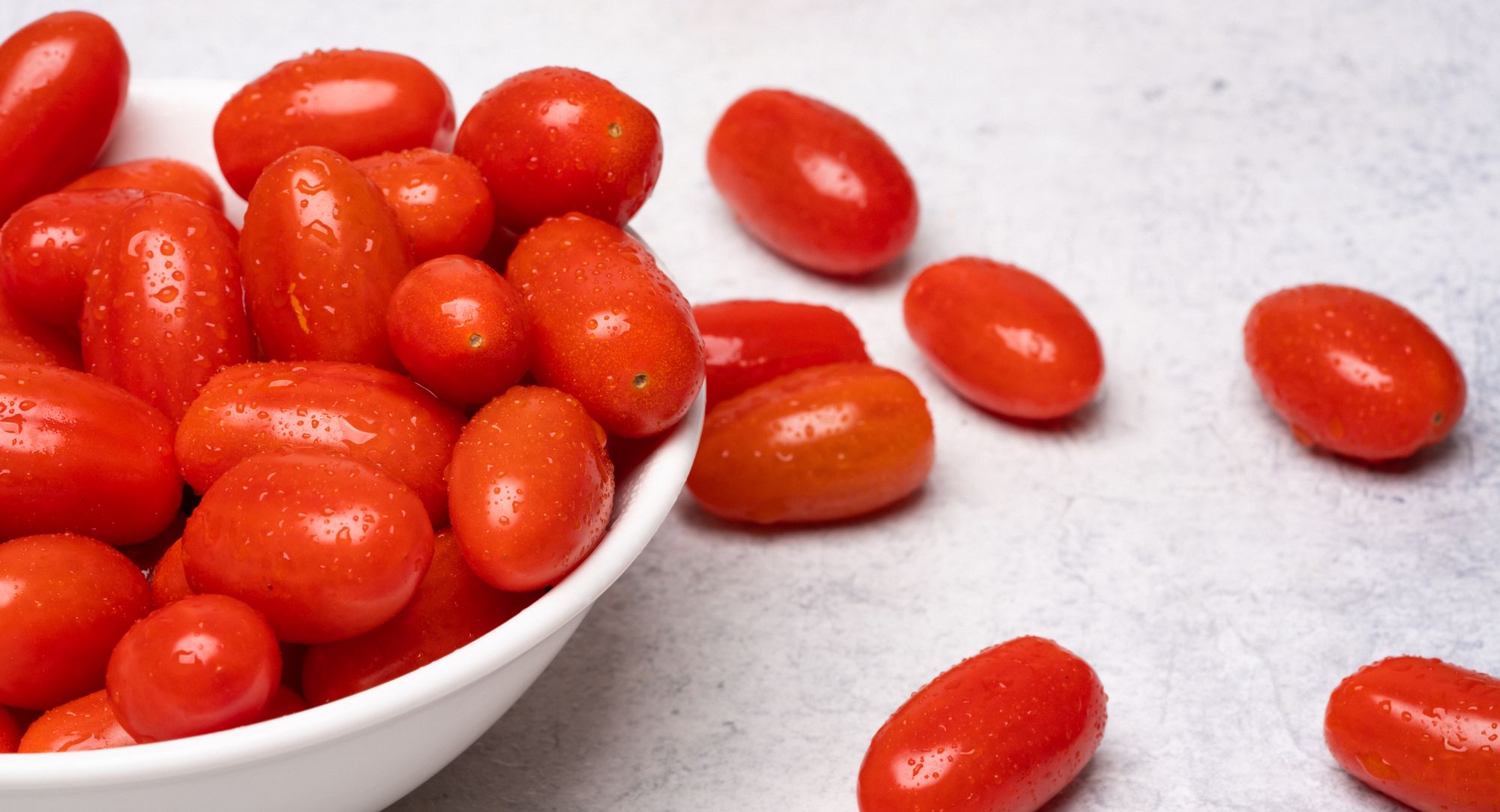
Carbs per 1 cup of grape tomatoes: 8.4 grams (3.2 grams fiber)
Whether added to salads or enjoyed as a standalone snack, grape tomatoes offer a delightful blend of savory and sweet flavors while contributing to a lower carbohydrate intake. Additionally, they provide potent antioxidants like lycopene and beta-carotene, known for their disease-fighting properties.
5) Avocado
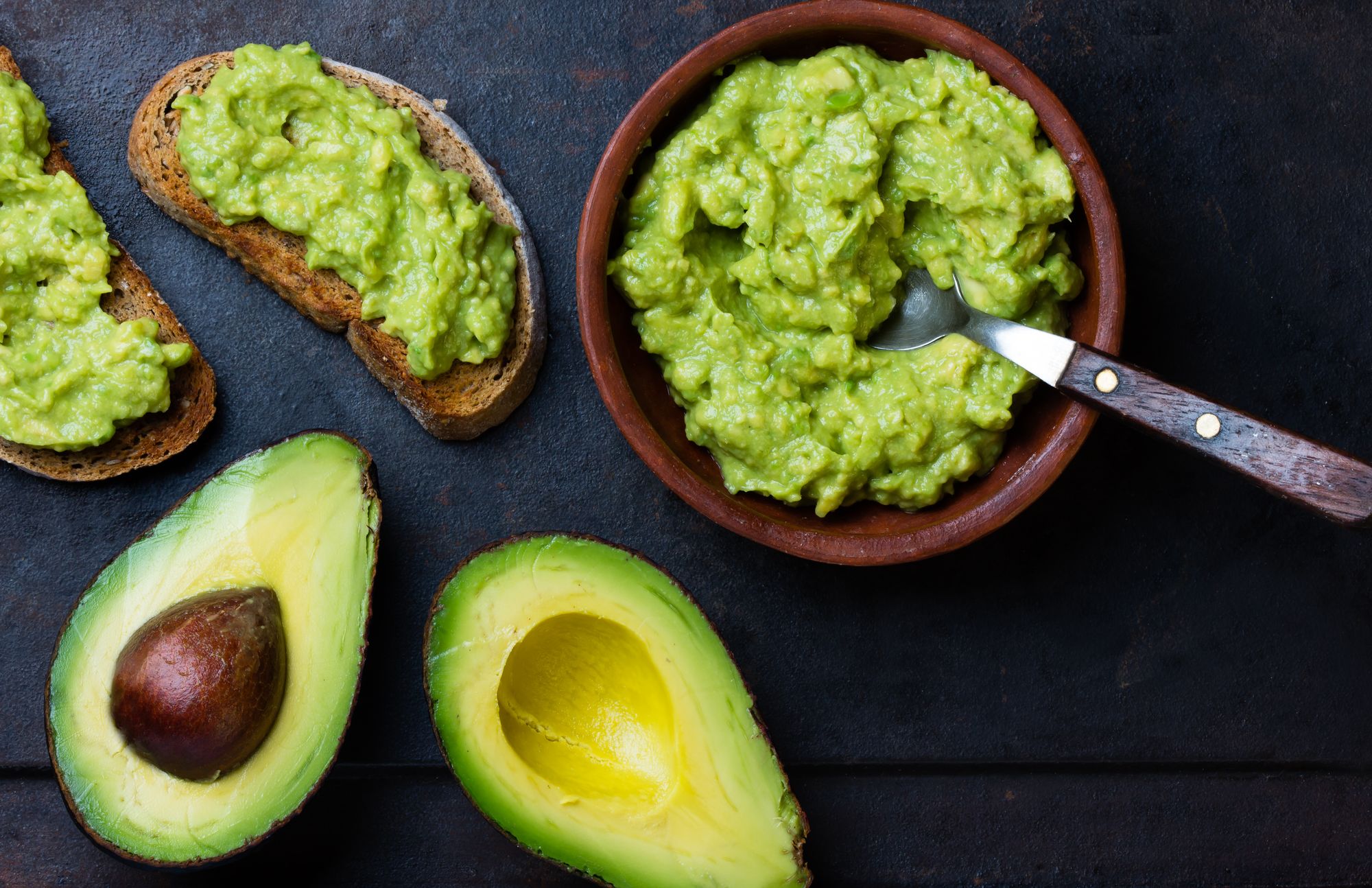
Carbs per 1 serving of avocado: 3.9 grams (1.2 grams sugar, 2.8 grams fiber)
Avocado, classified as a low-carb fruit, packs a nutritional punch. Lauren Manaker highlights its richness in "healthy" fats and satiating fiber. Furthermore, research indicates that regular avocado consumption is associated with a reduced risk of hypertension.
LOW-CARB VEGETABLES
6) Broccoli
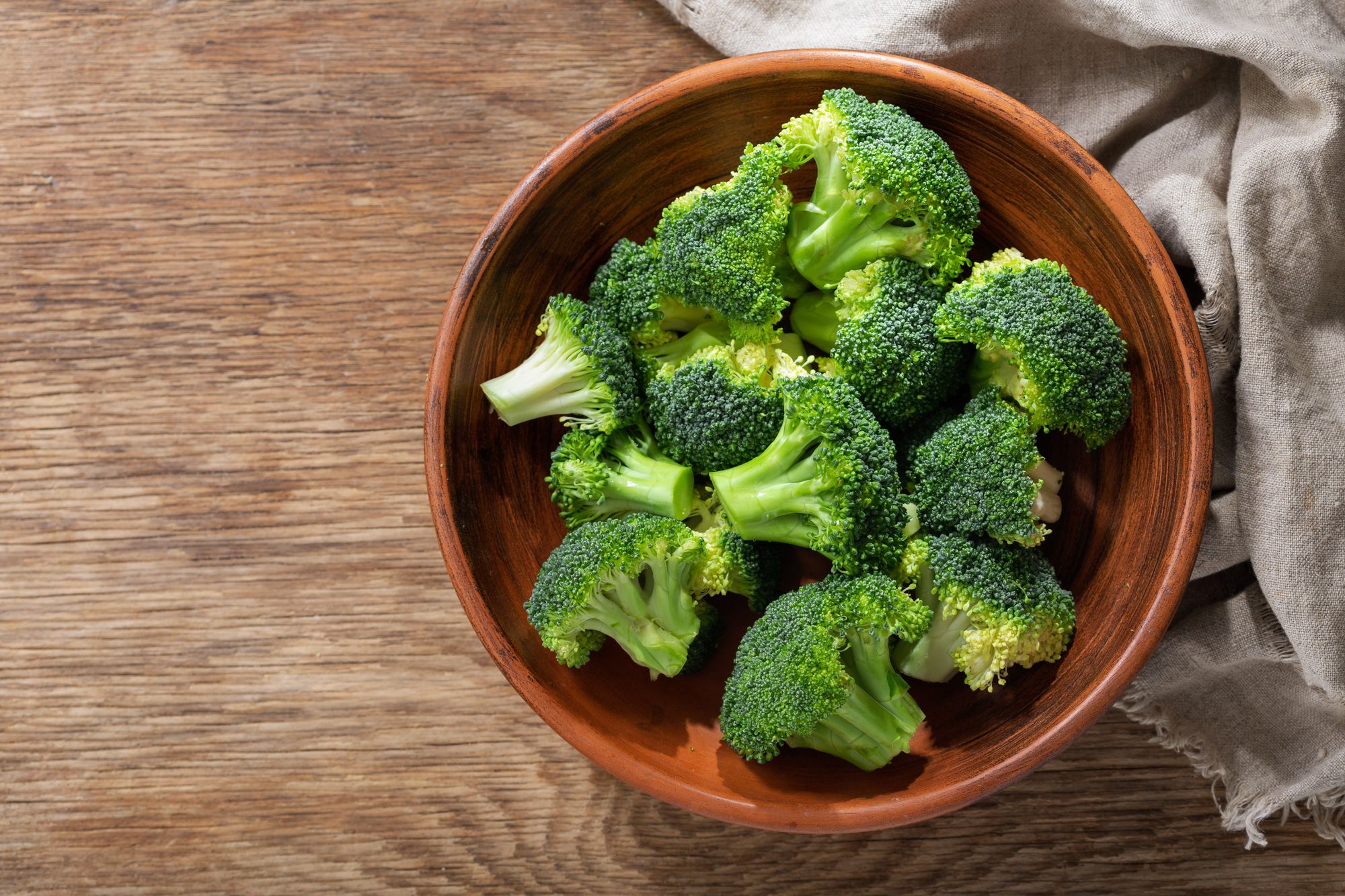
Carbs per 1/2 cup of cooked, chopped broccoli: 5.6 grams (1.1 grams sugar, 2.6 grams fiber)
Vegetables offer a healthy source of carbohydrates, rich in fiber, vitamins, and minerals. Broccoli, while being low in carbs, is particularly noteworthy.
Trista Best, MPH, RD, LD at Balance One Supplements, remarks, "Broccoli is abundant in dietary fiber, promoting digestion, blood sugar regulation, and a sense of fullness, making it an ideal choice for weight management." Additionally, it's packed with vitamin C, vitamin K, and folate, contributing to immune function, bone health, and overall well-being.
7) Green Beans
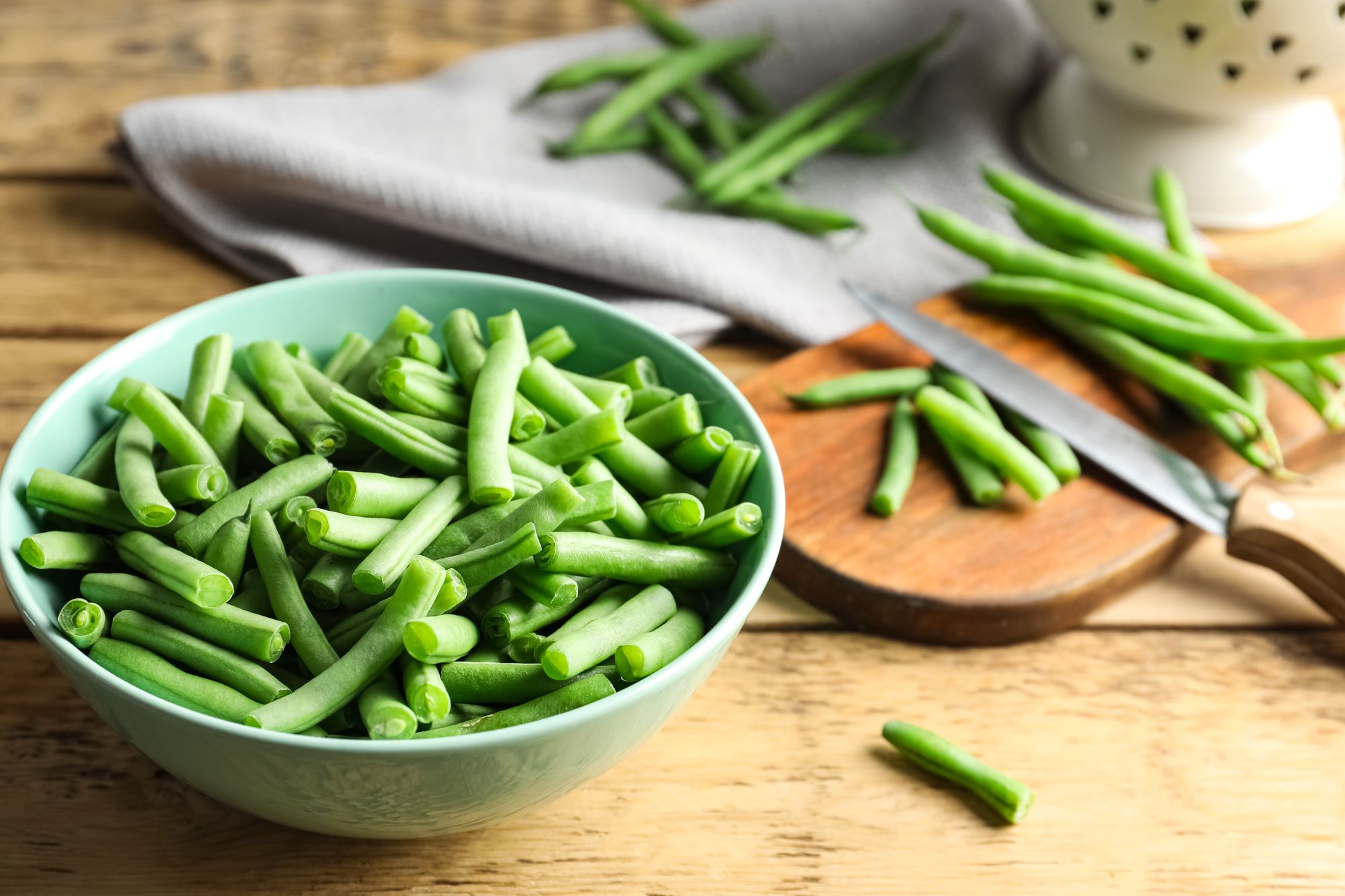
Carbs per 1/2 cup of cooked green beans: 7 grams (3.3 grams sugar, 2.7 grams fiber)
Green beans are a superb low-carb option that not only helps regulate blood pressure but also provides folate and potassium. The American Heart Association endorses green beans for heart health.
8) Red Bell Peppers
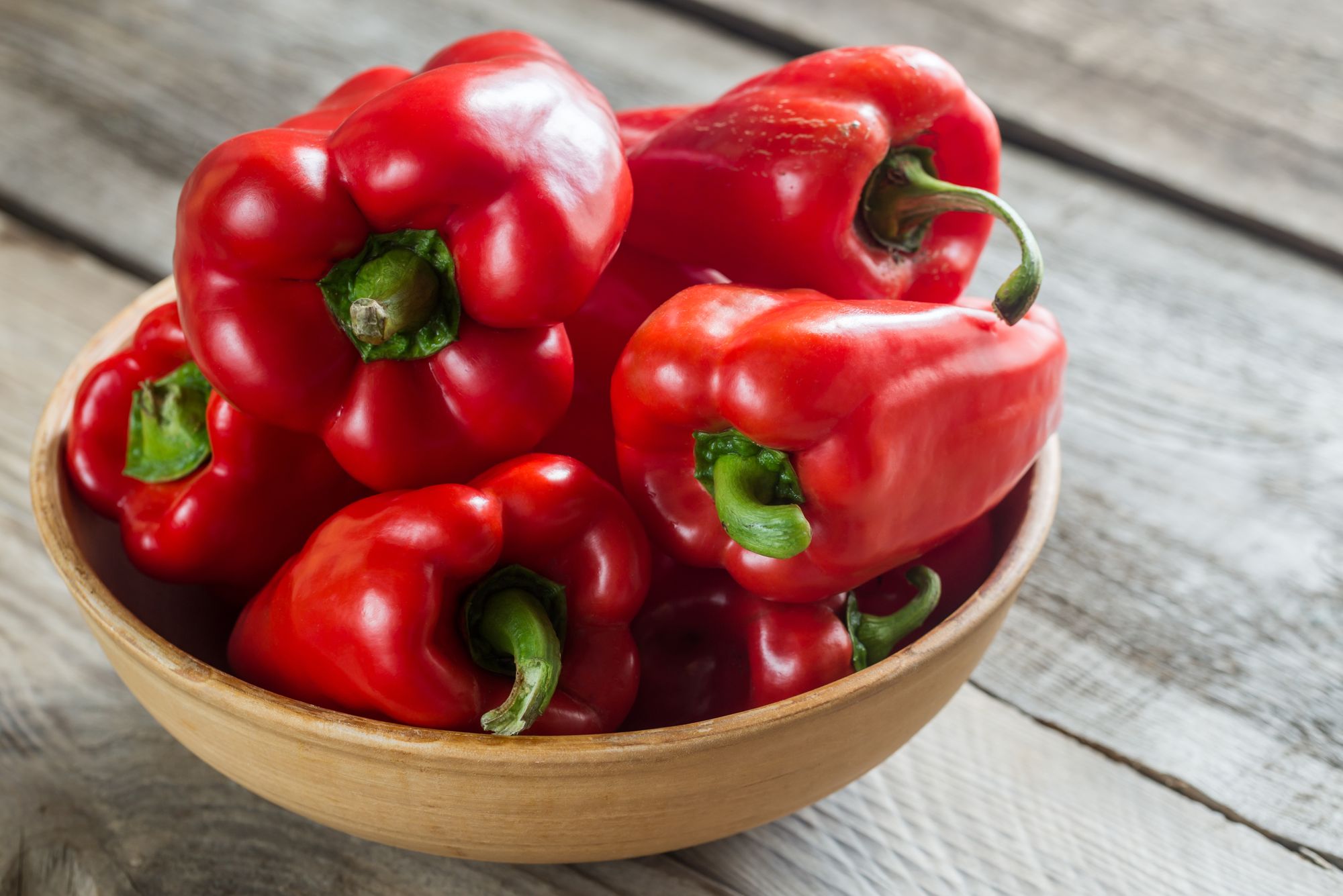
Carbs per 1 cup of sliced red bell pepper: 5.5 grams (3.9 grams sugar, 1.9 grams fiber)
While vitamin C often brings oranges to mind, red bell peppers are rich in this essential vitamin. According to Best, their high vitamin C content exceeds 100% of the recommended daily intake per serving. This potent antioxidant supports the immune system, skin health, and wound healing. Red bell peppers are low in carbs yet brimming with vital nutrients and dietary fiber, enhancing digestion and satiety.
9) Spinach
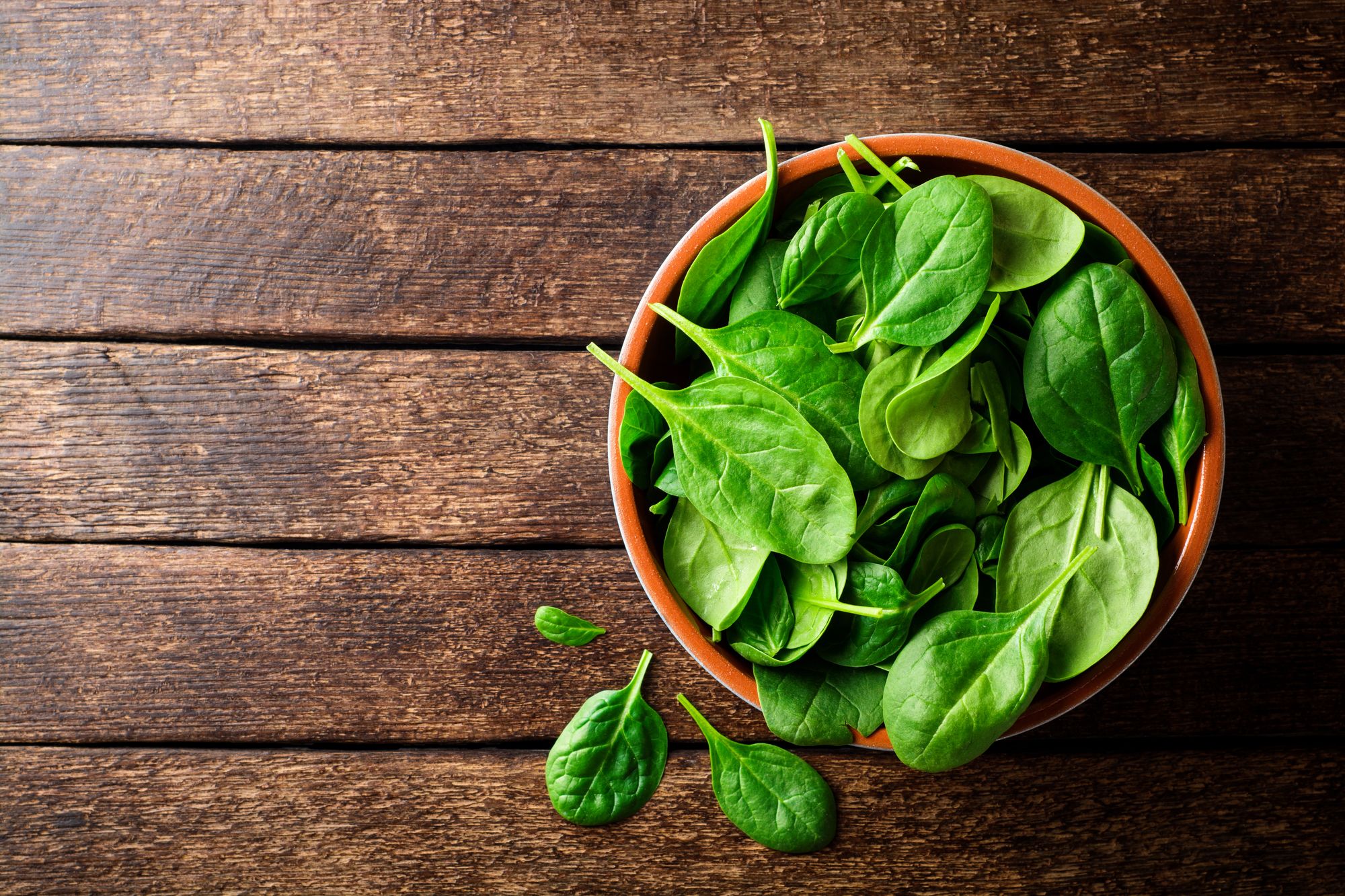
Carbs per 1 cup of cooked spinach: 6.8 grams (0.8 grams sugar, 4.3 grams fiber)
Spinach, a leafy green vegetable, is low in carbs and high in fiber. It's also a source of vitamins A, K, and C, along with calcium and iron. Regular spinach consumption may aid in managing blood pressure levels, as indicated by one study.
10) Portobello Mushrooms
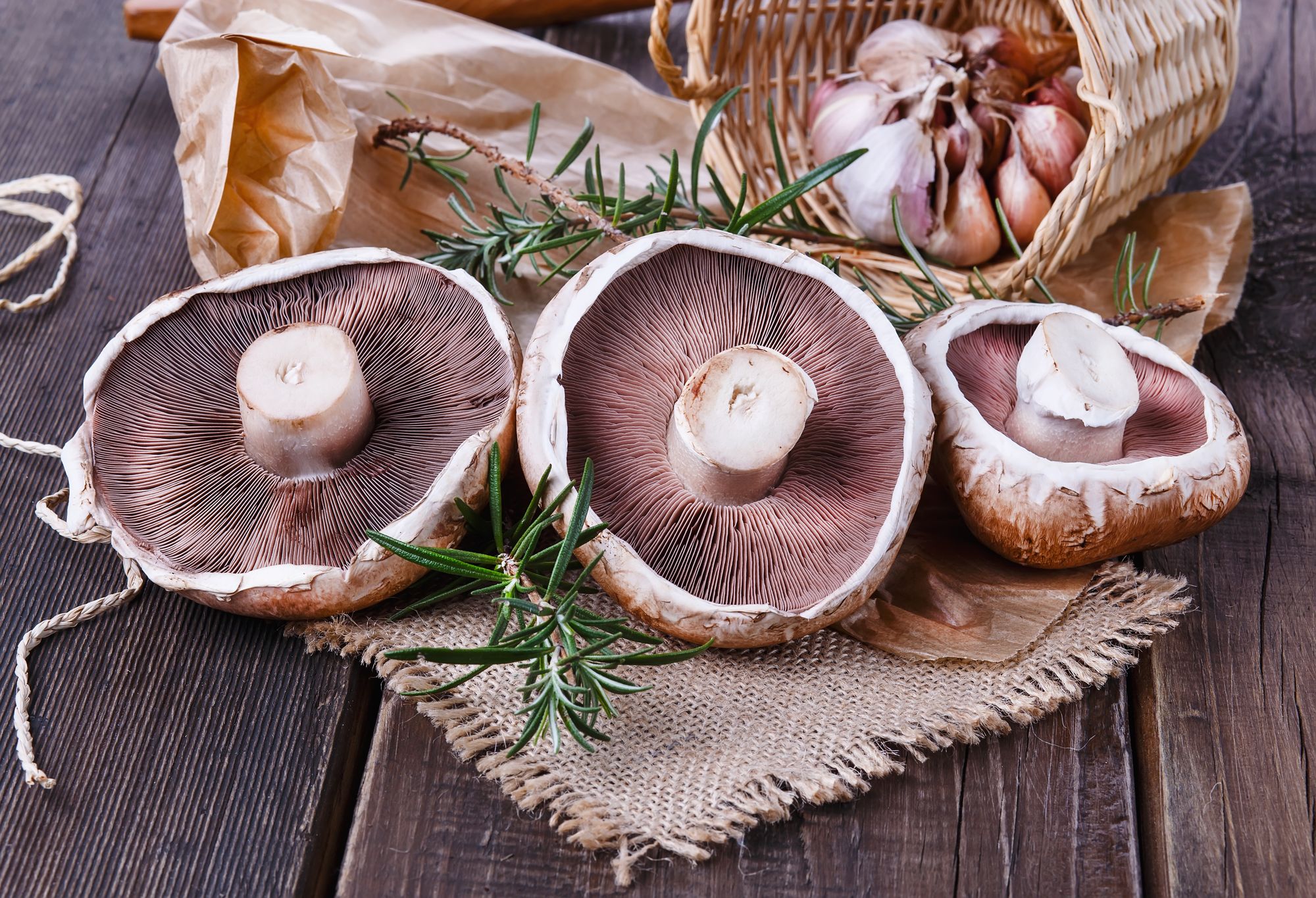
Carbs per 1 cup of diced mushrooms: 3.3 grams (2.2 grams sugar, 1.1 grams fiber)
Portobello mushrooms, known for their versatility and accessibility, are an excellent choice for a low-carb diet, containing just over three grams of carbs per cup.
11) Cauliflower
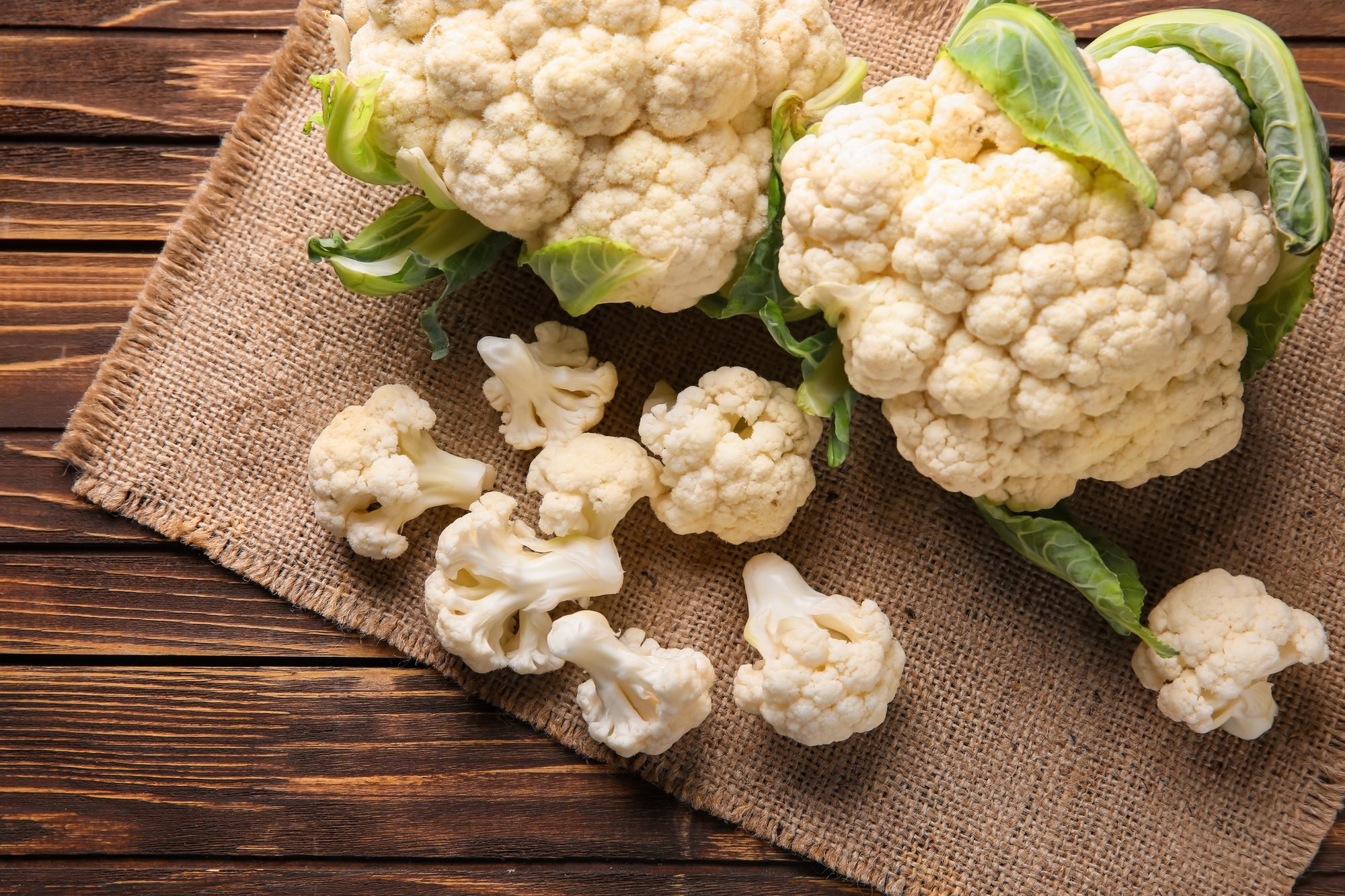
Carbs per 1 cup of cooked cauliflower: 5.1 grams (2.6 grams sugar, 2.9 grams fiber)
Cauliflower's remarkably low carbohydrate content makes it a top pick for low-carb and ketogenic diets. It's rich in dietary fiber, supporting digestive health, weight management, and blood sugar stability. In addition to being low in carbs, cauliflower provides essential vitamins and minerals, including vitamin C, vitamin K, and folate, contributing to overall well-being.
12) Celery
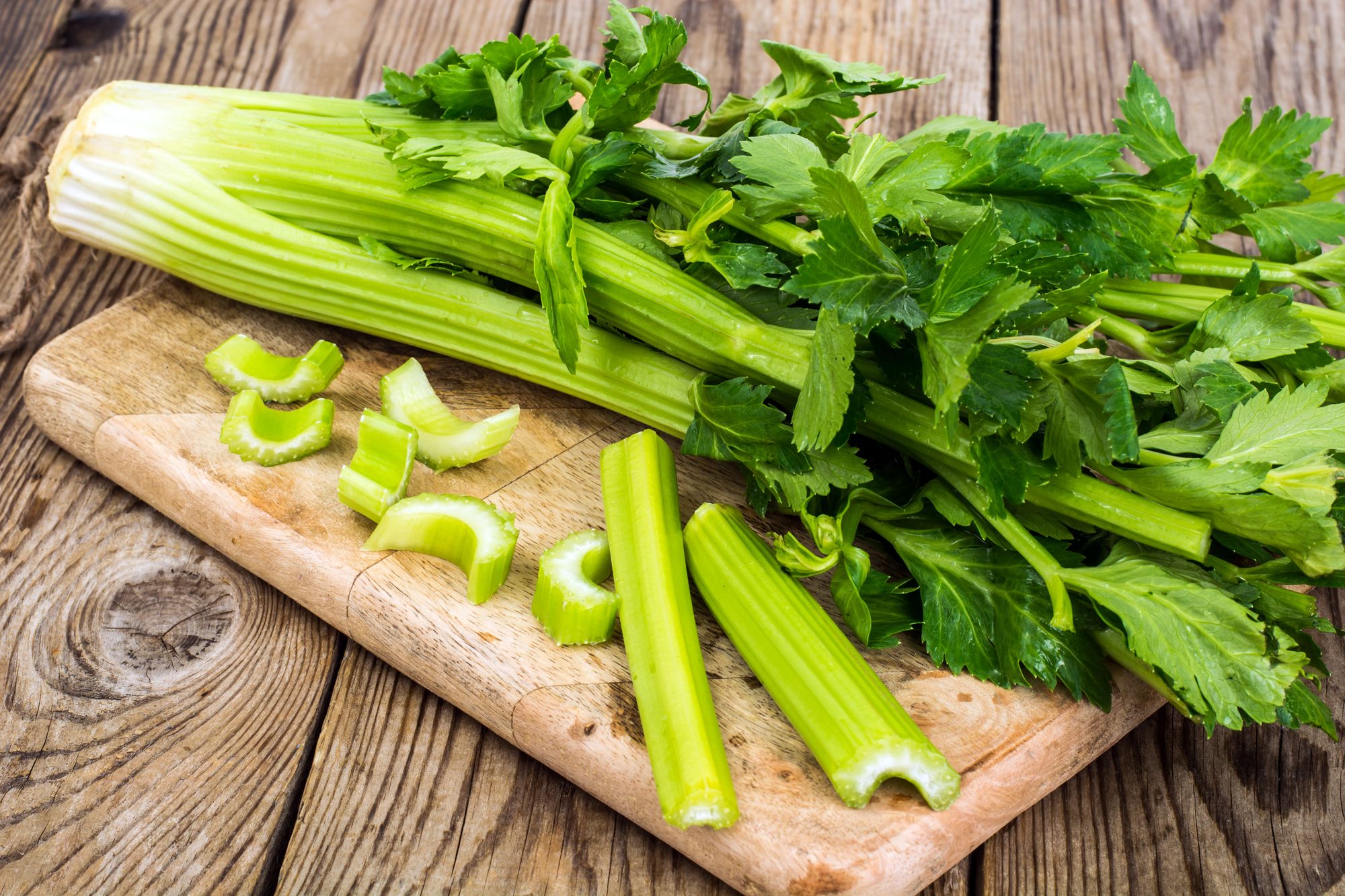
Carbs per 1 cup of chopped celery: 3 grams (1.4 grams sugar, 1.6 grams fiber)
Celery, predominantly composed of water, is also a source of antioxidants that aid in lowering blood pressure and managing cholesterol levels. Whether used for dipping or juicing, celery keeps carb intake low while delivering essential nutrients.
13) Watercress
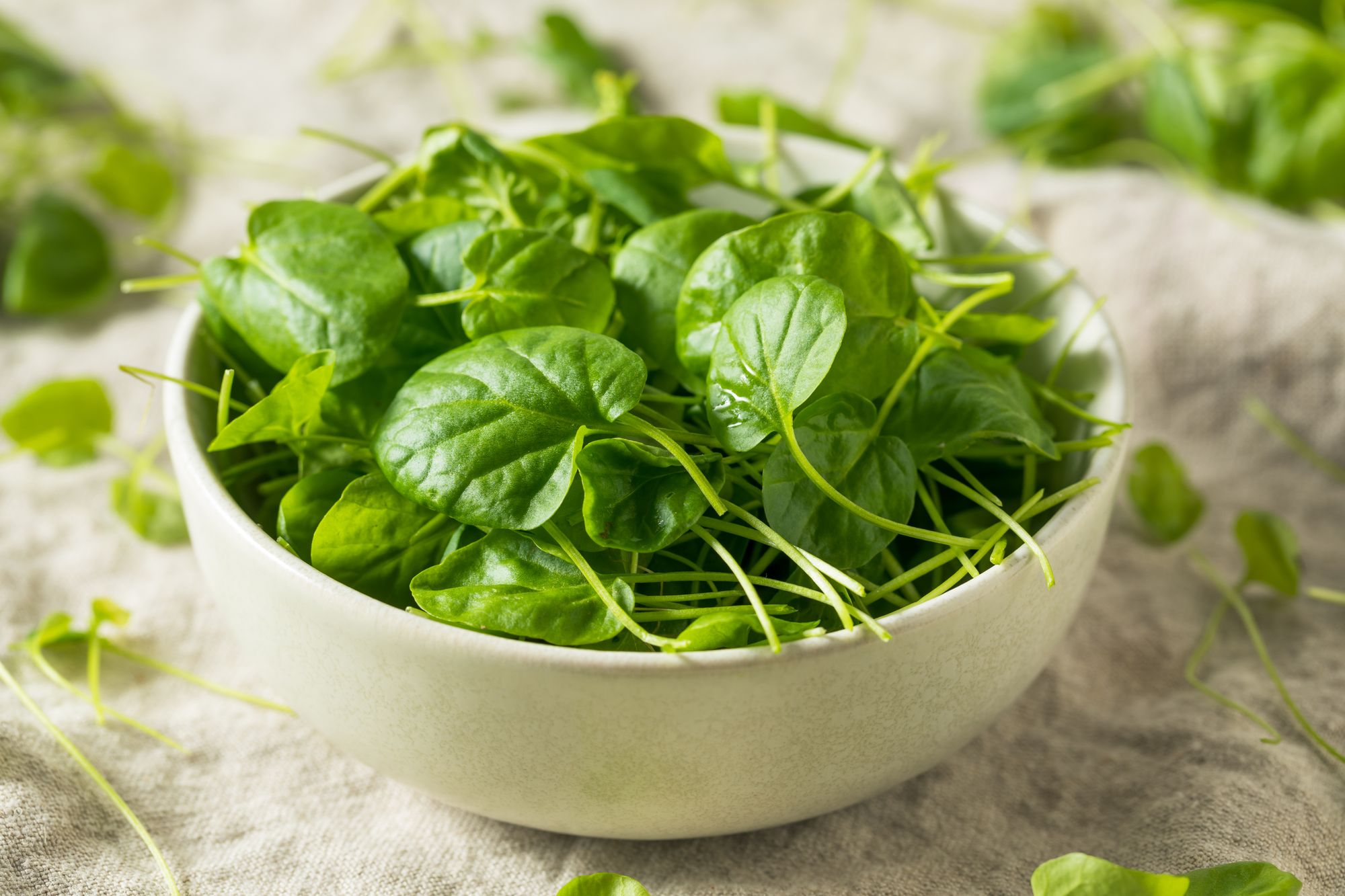
Carbs per 1 cup of raw watercress: 0.4 grams (0.1 grams sugar, 0.1 grams fiber)
Watercress, with its minimal carb content, is a nutrient powerhouse, deemed the most nutrient-dense food by the CDC and the Aggregate Nutrient Density Index. It boasts antioxidants, fiber, and various nutrients, including vitamin K. Watercress also contains phenethyl isothiocyanate (PEITC), a compound with potential cancer-fighting properties and reduced cancer risk.
LOW-CARB GRAINS
14) Air-Popped Popcorn

Carbs per 1 cup of popcorn: 6.2 grams (0.1 grams sugar, 1.2 grams fiber)
An ideal healthy, low-carb snack is air-popped popcorn, often overlooked as a whole grain. According to Trista Best, MPH, RD, LD at Balance One Supplements, "Whole grains retain their bran and germ layers, rich in fiber and vital nutrients, and popcorn is no exception. It offers dietary fiber supporting digestive health, blood sugar control, and satiety. With its low carbohydrate content, air-popped popcorn aligns well with low-carb diets while delivering the advantages of whole grains. Furthermore, it's a relatively low-calorie snack, making it a gratifying choice for those mindful of calorie intake."
15) Oats
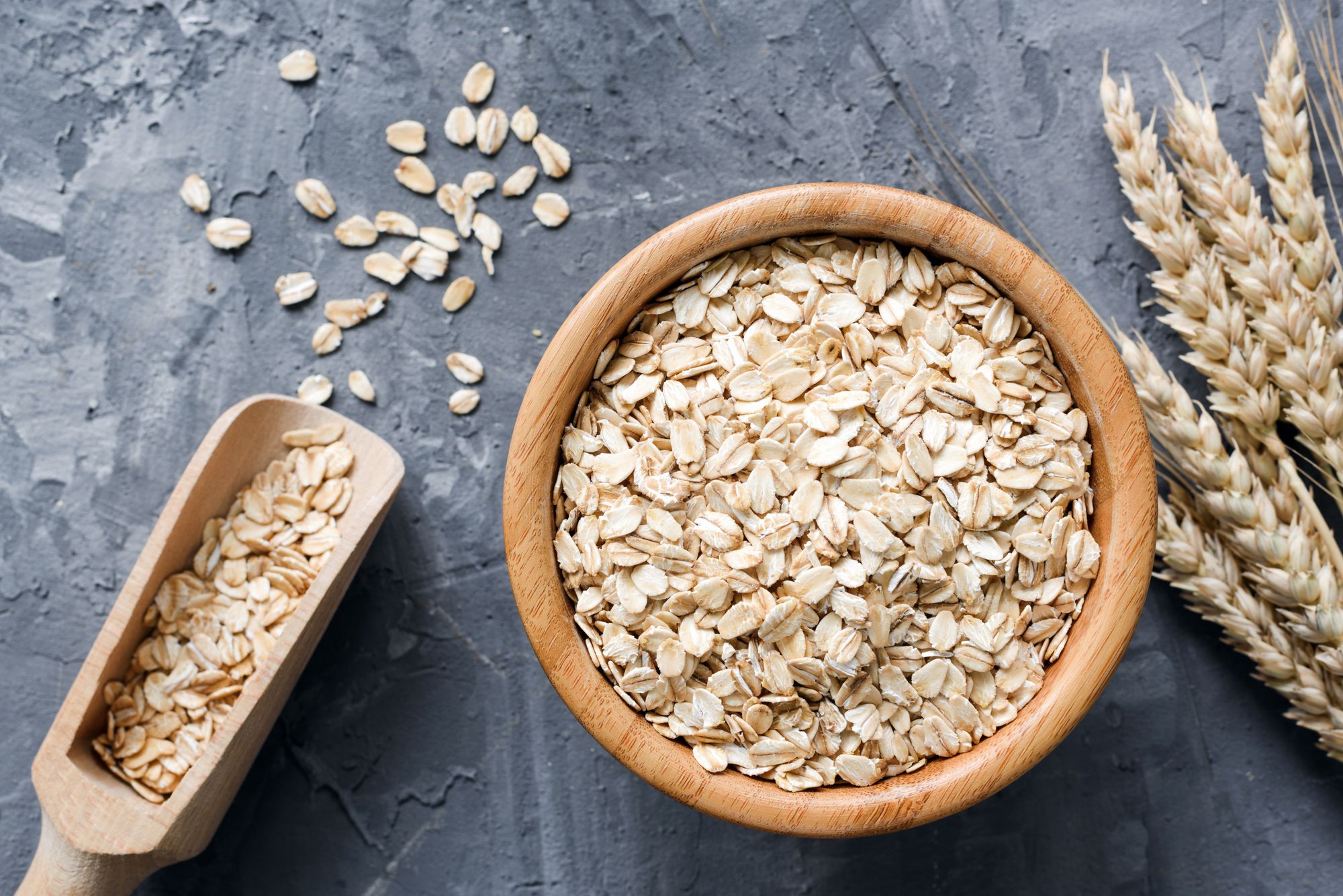
Carbs per 1/3 cup of oats: 18.3 grams (0.3 grams sugar, 2.7 grams fiber)
While 18 grams of carbs in a serving of oats may appear relatively high compared to some items on this list, oats stand out among grains for their lower carb content. While not as low as meats, fish, or vegetables, oats offer the benefits of whole grains. Consumption of oats has been linked to lowered blood pressure, reduced cholesterol levels, and decreased inflammation.
16) Quinoa
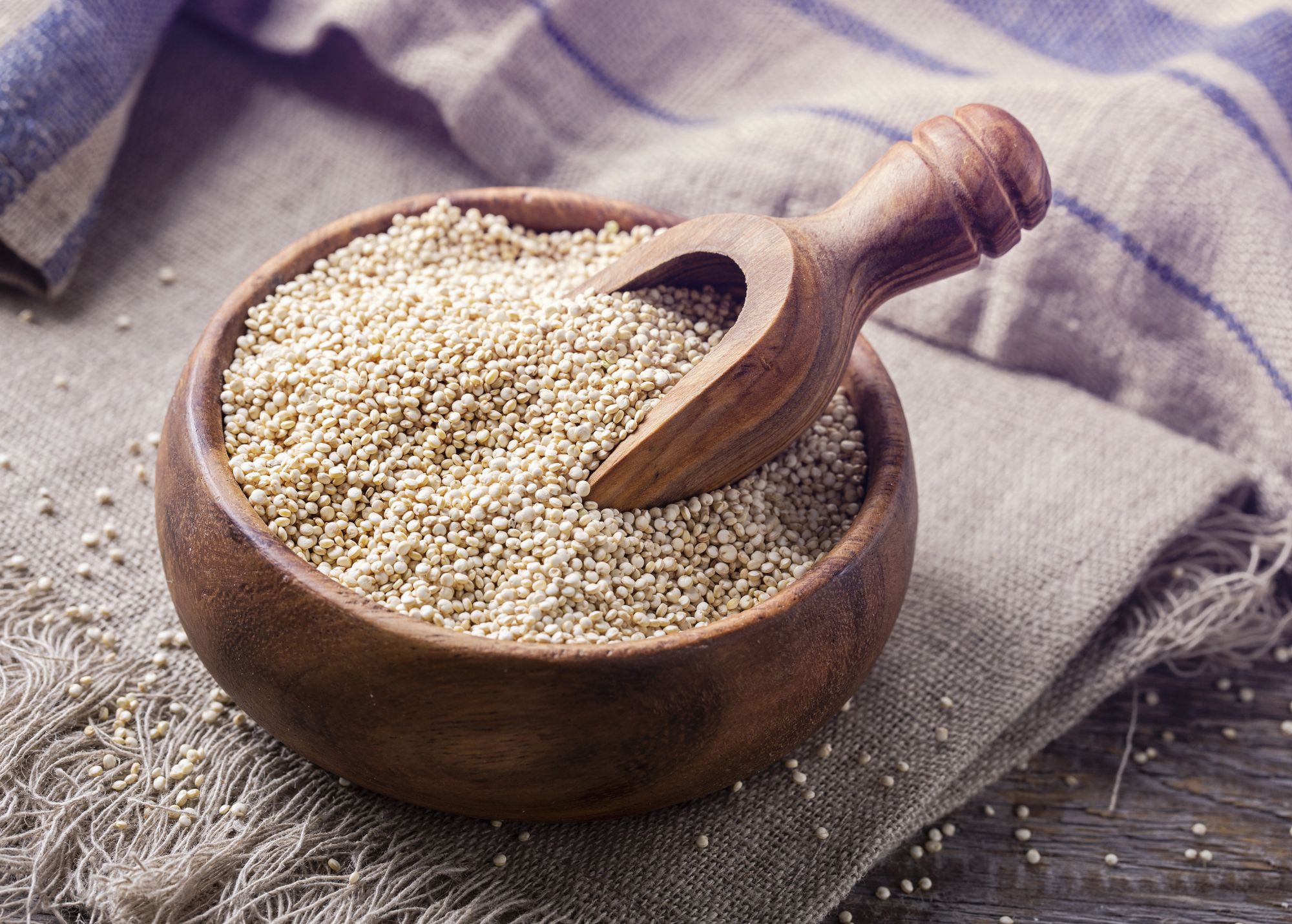
Carbs per 1/2 cup of quinoa: 19.7 grams (0.38 grams sugar, 2.6 grams fiber)
Quinoa, a grain with relatively fewer carbs, presents itself as a healthier substitute for options like white rice. Although the carb reduction might be minimal when choosing quinoa (white rice contains approximately 22.3 grams per 1/2 cup), it retains its status as a whole grain, preserving its nutrients without the removal process applied to white rice. Additionally, quinoa is recognized as one of the few plant-based complete proteins, offering all essential amino acids.
LOW-CARB NUTS, SEEDS & LEGUMES
17) Walnuts
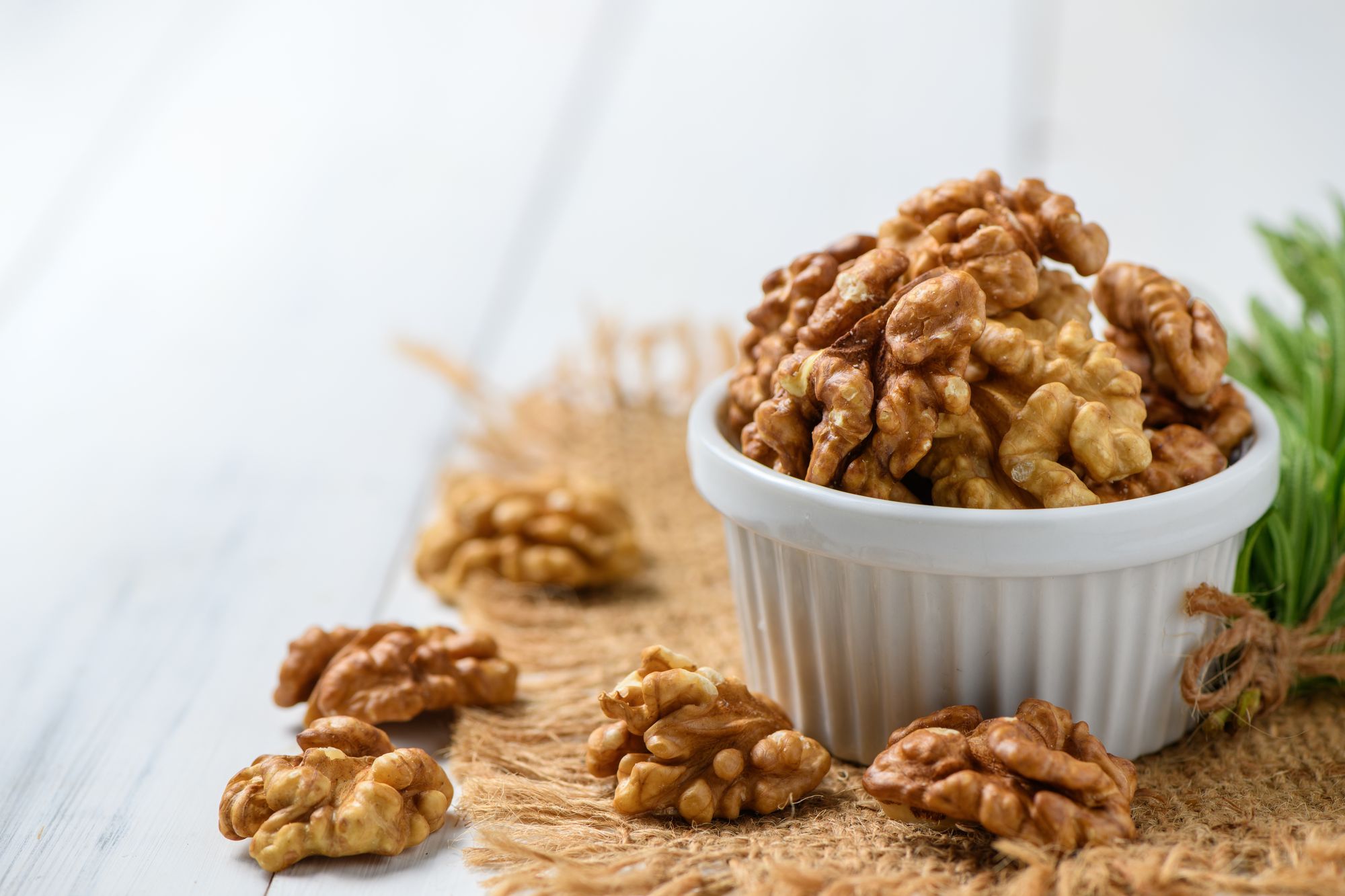
Carbs per ounce of walnuts: 3.8 grams (0.7 grams sugar, 2 grams fiber)
When in need of a quick, satisfying snack with minimal carb impact, consider walnuts. A one-ounce serving contains just five grams of carbohydrates. Walnuts are rich in healthy omega-3 fats and vitamin E, contributing to heart health. Some studies even suggest potential benefits for gut health.
18) Sunflower Seeds
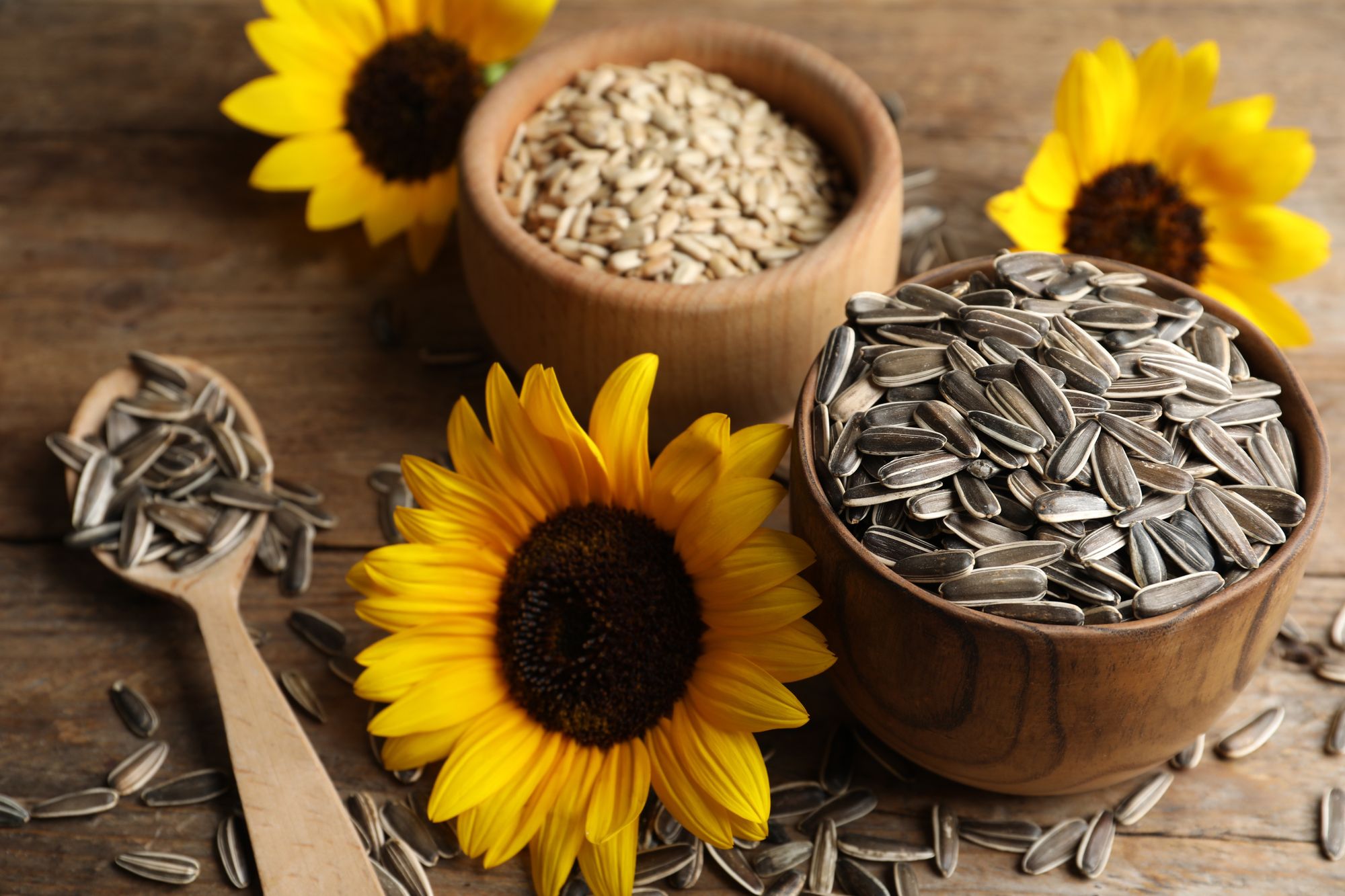
Carbs per ounce of sunflower seeds (kernels only): 5.8 grams (3.3 grams fiber)
Snacking on sunflower seeds offers numerous advantages, including substantial fiber content, vitamin E, and selenium, a nutrient known for cell protection against oxidative damage. It also plays a crucial role in thyroid and DNA health. Despite containing over three grams of fiber per serving, sunflower seeds remain low in total carbohydrates, with less than six grams per ounce.
19) Kidney Beans
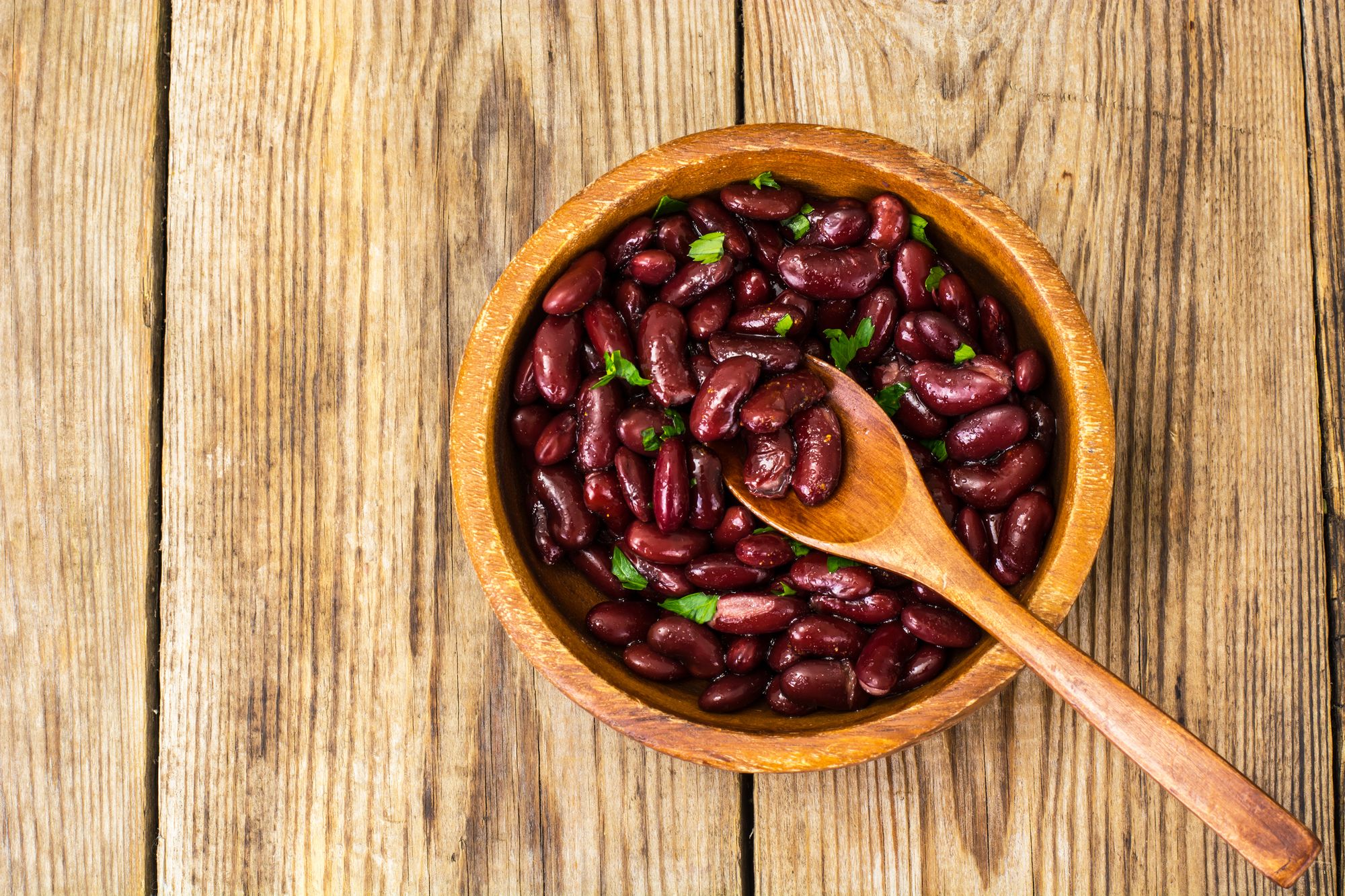
Carbs per 100 grams of cooked kidney beans: 22.8 grams (0.3 grams sugar, 7.4 grams fiber)
While beans are typically carb-rich, they are excellent sources of fiber, supporting digestion and gut health. For individuals seeking beans with lower carb content, kidney beans are worth trying. Cooked kidney beans contain approximately 22 grams of carbs, offering over seven grams of fiber, as well as potassium, magnesium, and folate, all with less than one gram of sugar.
20) Flaxseeds
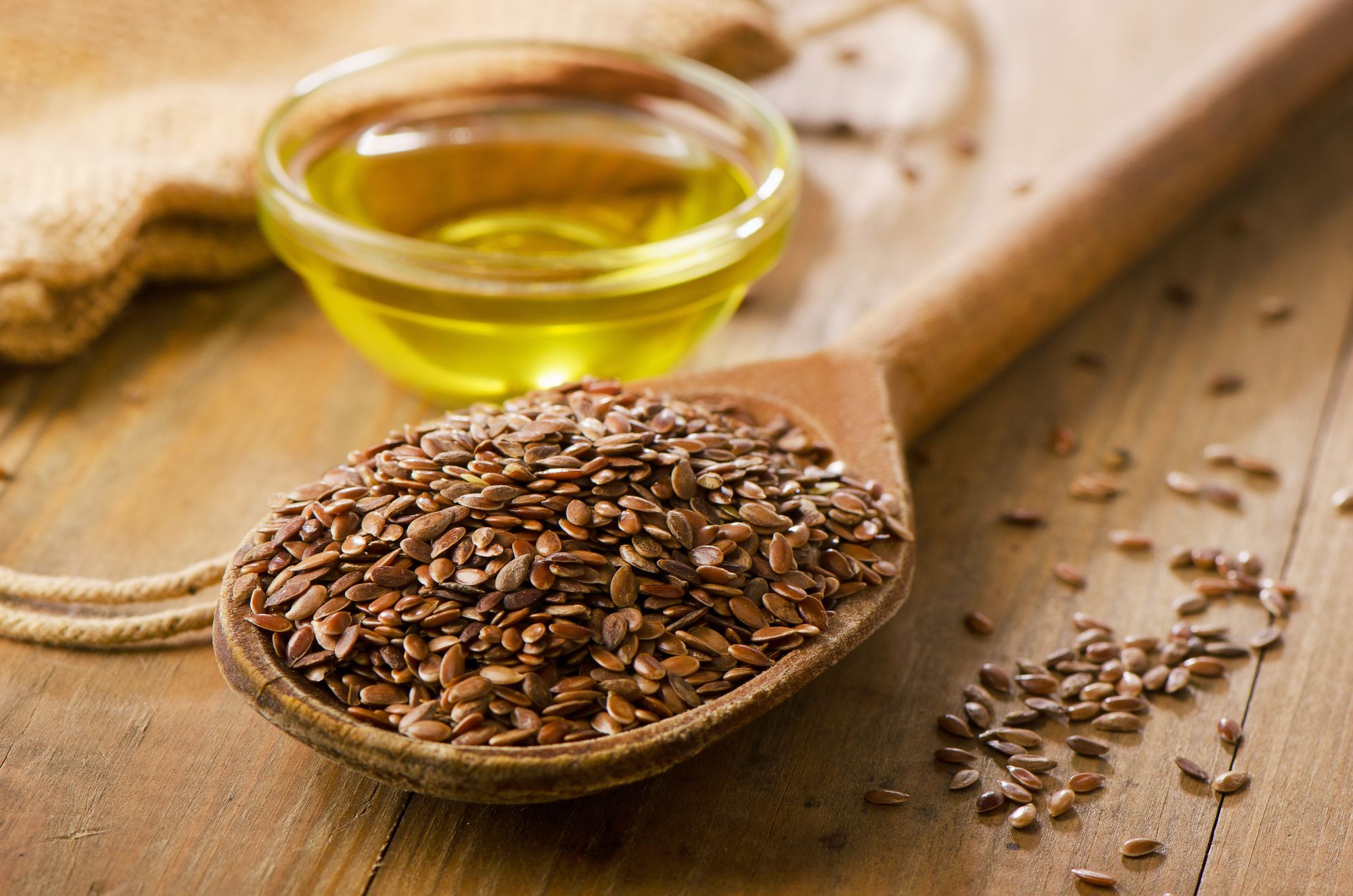
Carbs per 1 tablespoon (whole): 3 grams (0.2 grams sugar, 2.8 grams fiber)
Flaxseeds are versatile additions to smoothies or yogurt bowls, providing significant fiber in every serving. Just one tablespoon contains a mere three grams of total carbohydrates, with 2.8 grams of fiber.
LOW-CARB DAIRY & EGGS
21) Plain Nonfat Greek Yogurt

Carbs per 1 container of yogurt (200 grams): 7.9 grams (7.1 grams sugar, 0 grams fiber)
When seeking a high-protein, low-carb option, turn to Greek yogurt. Opt for plain, unsweetened varieties to keep carbohydrate intake in check. Plain Greek yogurt's versatility allows you to customize it with toppings such as fruit, nuts, seeds, or protein powder.
22) Parmesan Cheese
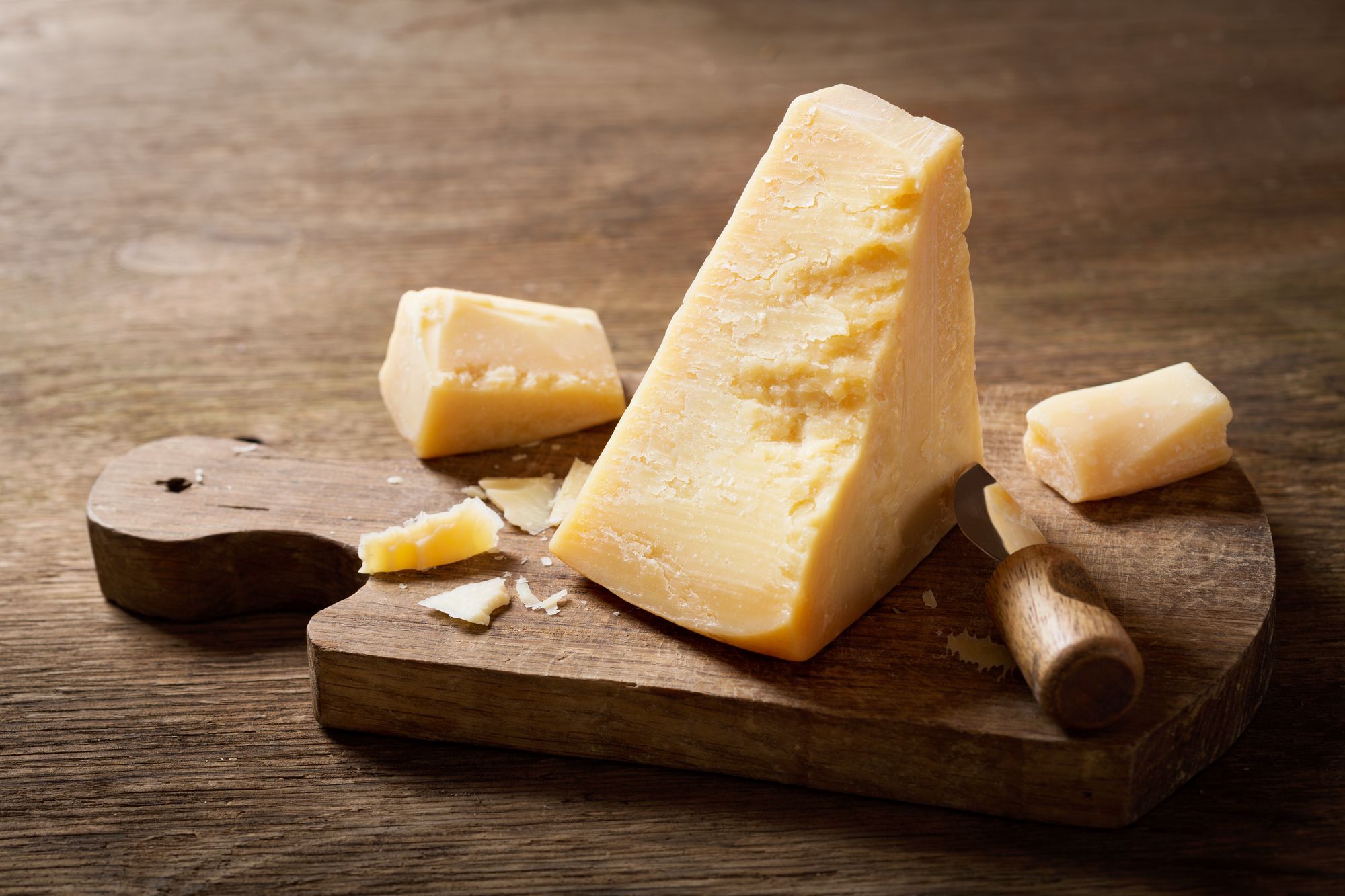
Carbs per 1 ounce of parmesan cheese: 3.9 grams (0 grams sugar, 0 grams fiber)
Most cheeses lean toward the lower end of carbohydrates, with differences in healthfulness based on their total fat and saturated fat content. Parmesan cheese contains less than eight grams of total fat and less than five grams of saturated fat, making it a suitable choice for various low-carb and low-fat dietary plans.
23) Eggs

Carbs per 1 egg: 0.3 grams (0.2 grams sugar, 0 grams fiber)
According to Lauren Manaker, eggs are naturally low in carbohydrates and align with a range of healthy dietary eating plans, including Mediterranean, DASH, low-carb, plant-based, and heart-healthy diets. Each large egg provides high-quality protein and essential nutrients for overall health.
Additionally, eggs are rich in choline, a nutrient vital for lifelong brain health. Choline supports cognitive functions such as memory, thinking, and mood, making eggs an excellent addition to your diet.
LOW-CARB OILS
24) Extra Virgin Olive Oil
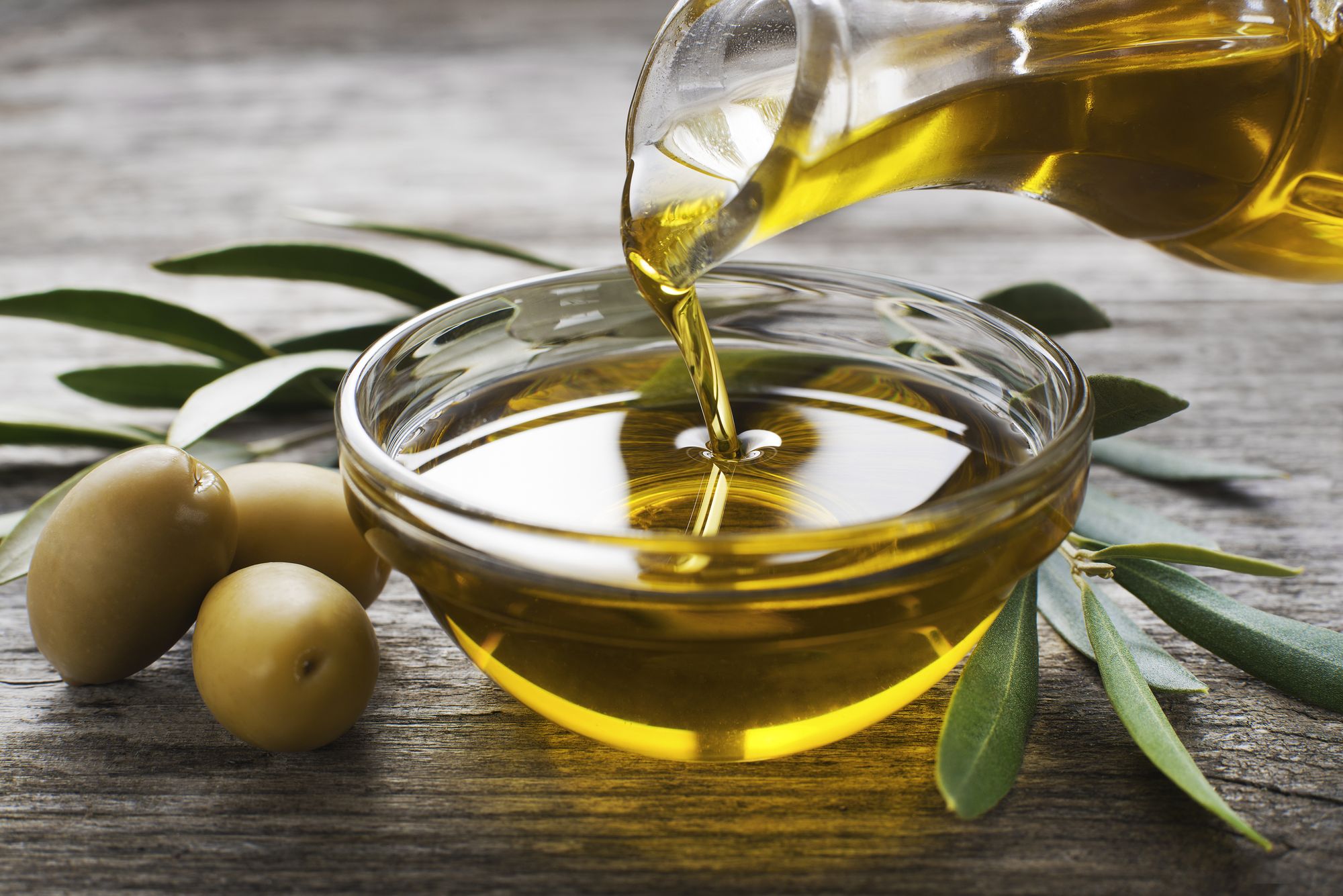
Carbs per 1 tablespoon of olive oil: 0 grams (0 grams sugar, 0 grams fiber)
Most oils contain zero carbohydrates, classifying them as low-carb foods. However, the quality and nutritional value of oils can vary significantly. Extra virgin olive oil stands out as one of the healthiest options, associated with reduced inflammation, lower blood pressure, and enhanced weight management.
25) Avocado Oil
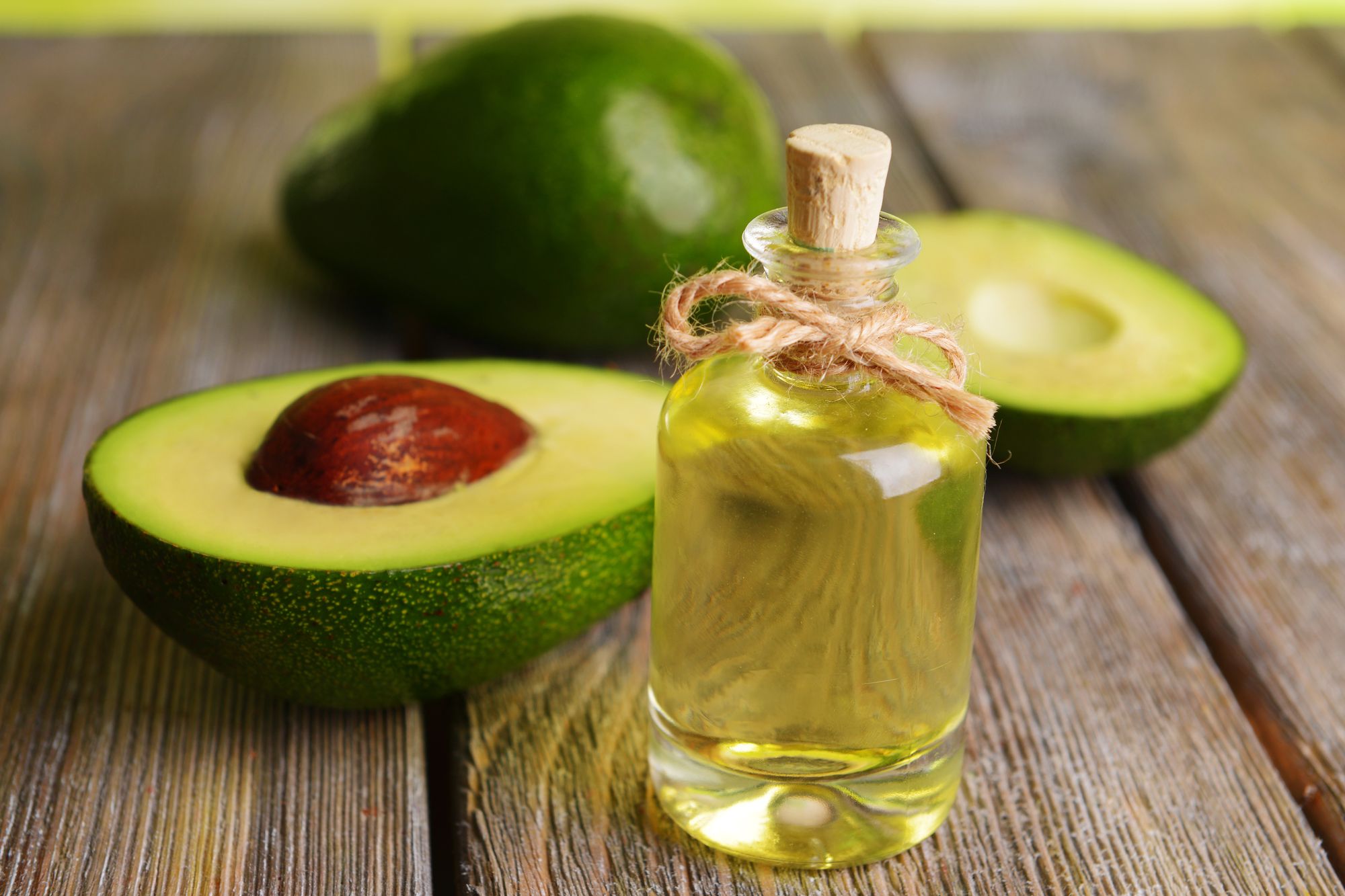
Carbs per 1 tablespoon of avocado oil: 0 grams (0 grams sugar, 0 grams fiber)
Much like olive oil, avocado oil is a nutrient-packed variety offering a plethora of health benefits. Avocado oil inherits the healthy fats and antioxidants, including lutein and zeaxanthin, present in avocados themselves. These properties make avocado oil a valuable addition to your diet.
LOW-CARB MEAT & SEAFOOD
26) Ground Chicken
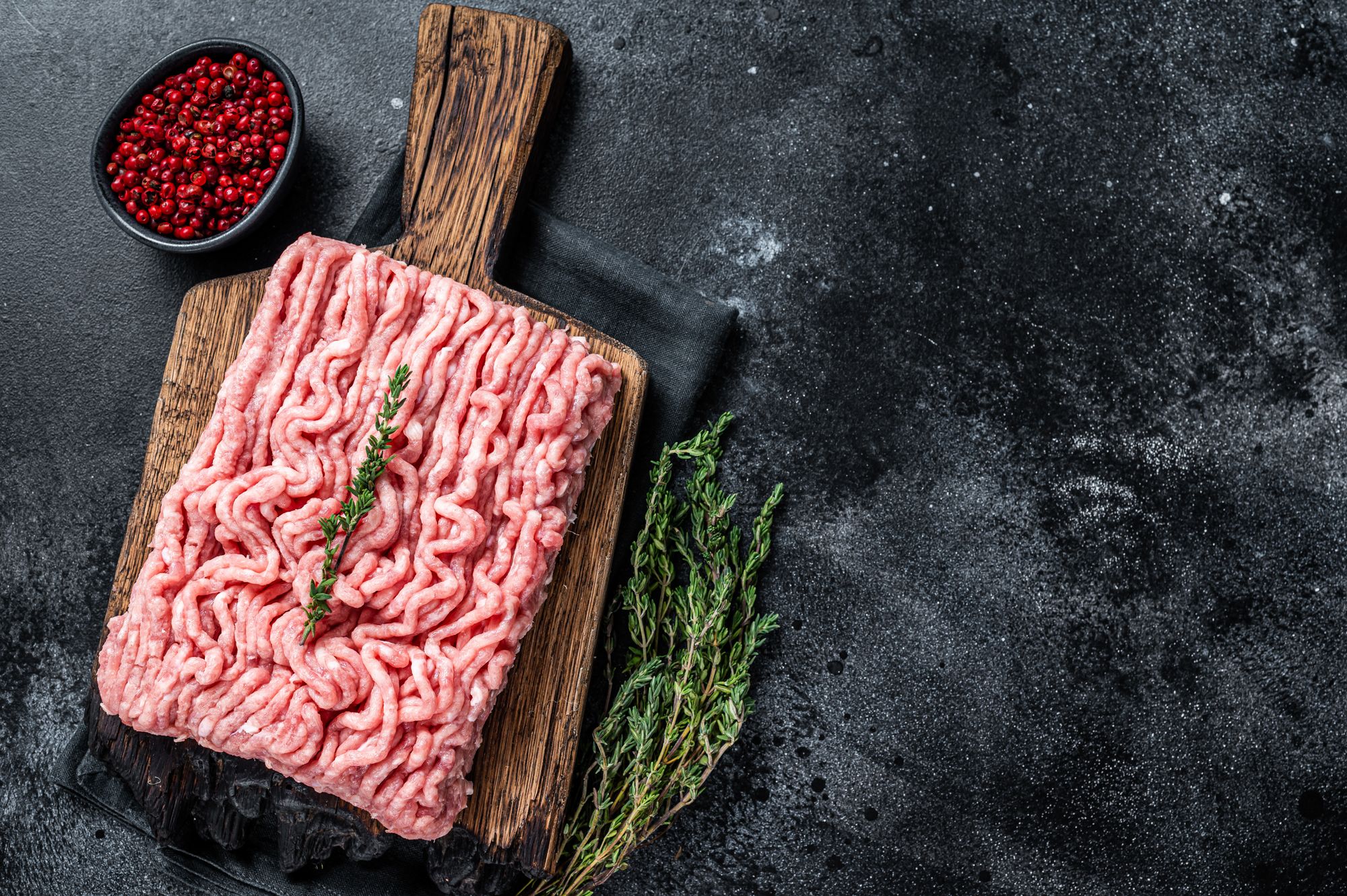
Carbs per 4 ounces, cooked: 0.04 grams (0 grams sugar, 0 grams fiber)
Meat and seafood products are typically low in carbohydrates and rich in protein, especially when opting for lean varieties. Ground chicken is an excellent choice for low-carb diets, offering nearly 20 grams of lean protein per serving.
27) Salmon
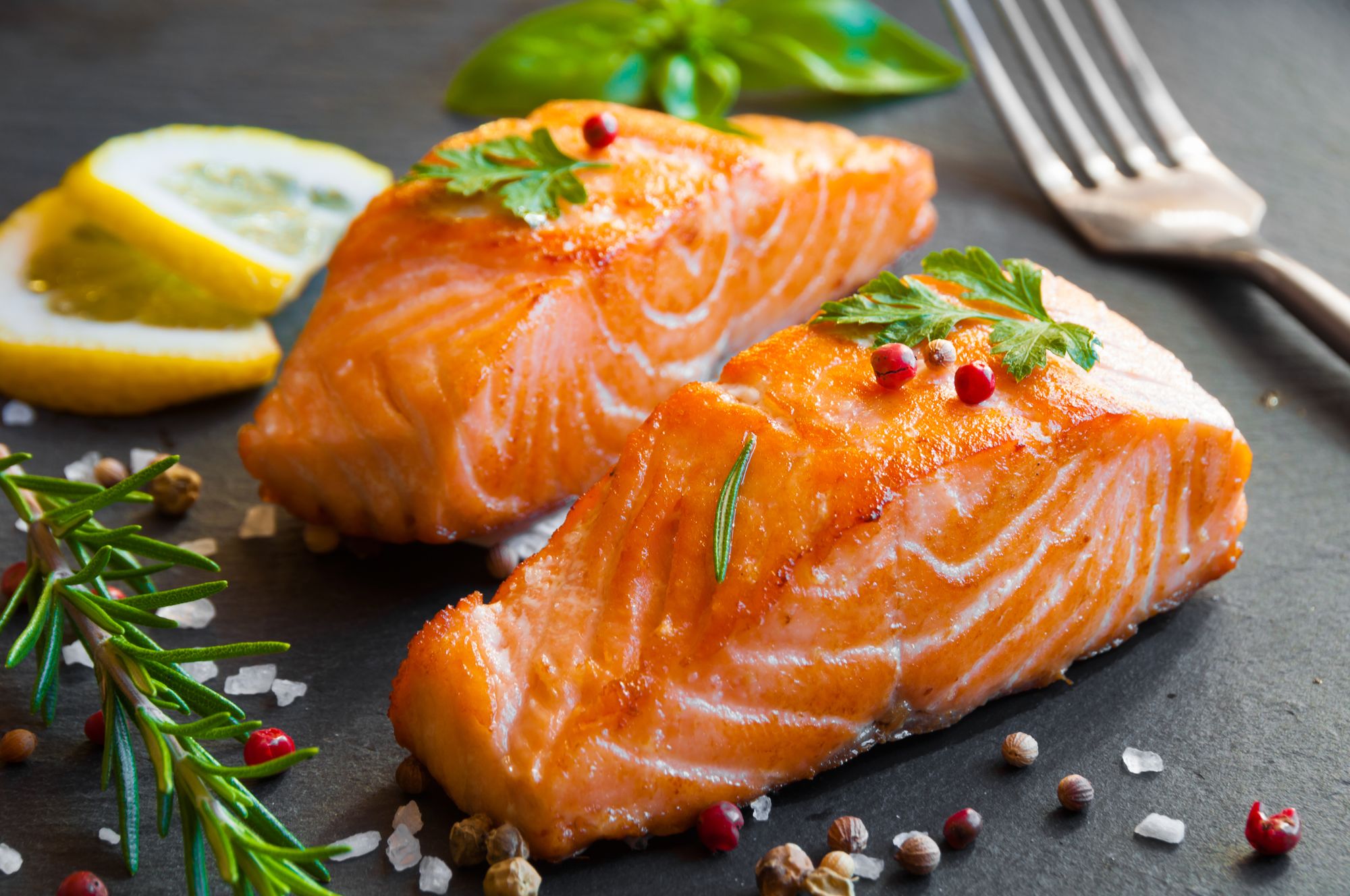
Carbs per 3 ounces, raw: 0 grams (0 grams sugar, 0 grams fiber)
Fresh or frozen salmon fillets are another low-carb, protein-rich option. This fatty fish is loaded with healthy omega-3 fatty acids and provides almost 17 grams of protein per serving.
28) Tuna
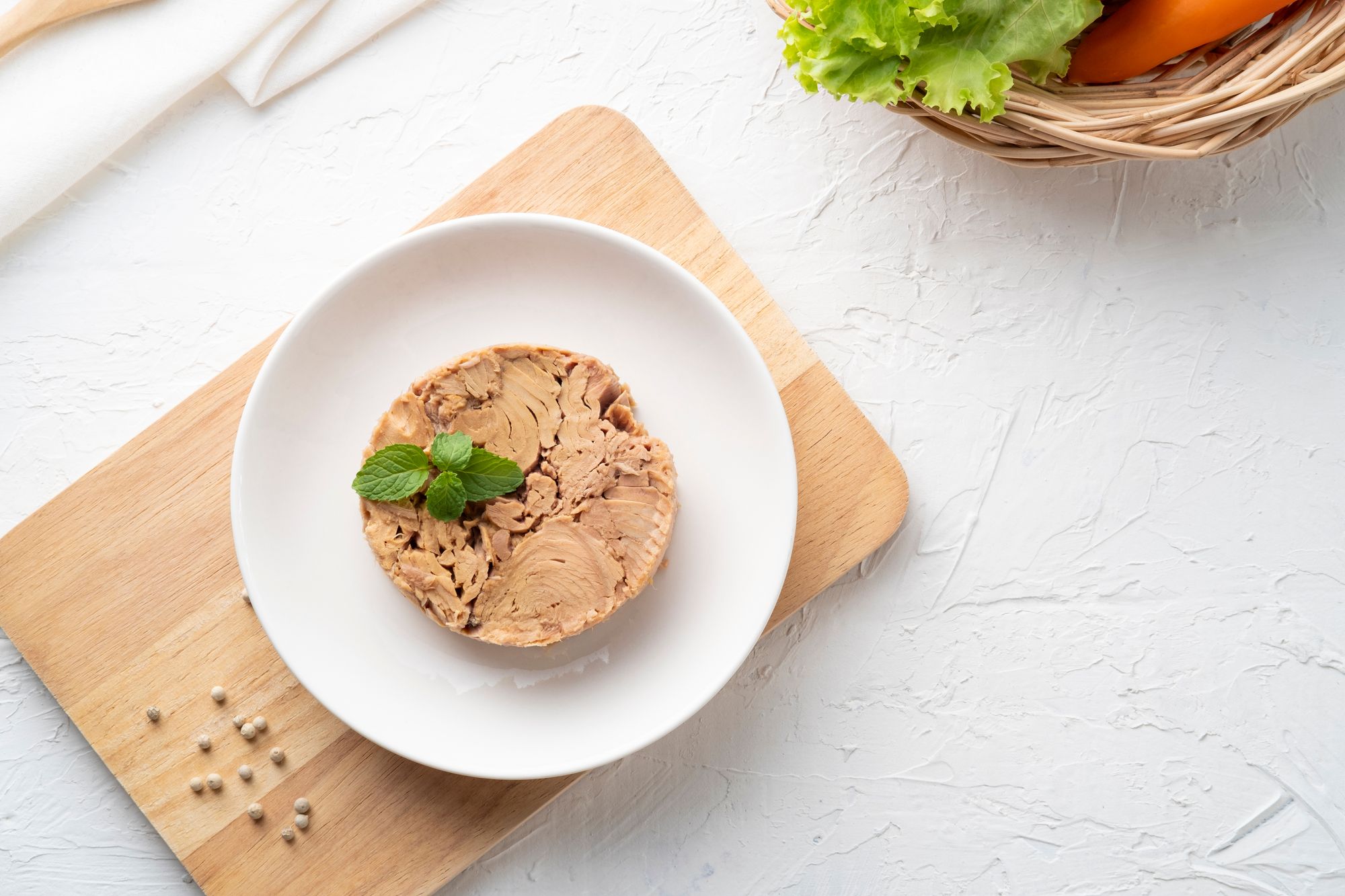
Carbs per 1 can, with water: 0 grams (0 grams sugar, 0 grams fiber)
Whether you're enjoying a fresh tuna fillet or canned tuna, you can easily incorporate this fish into a low-carb diet while benefiting from a protein boost. Canned tuna is particularly convenient for quick, effortless snacks.
29) Turkey
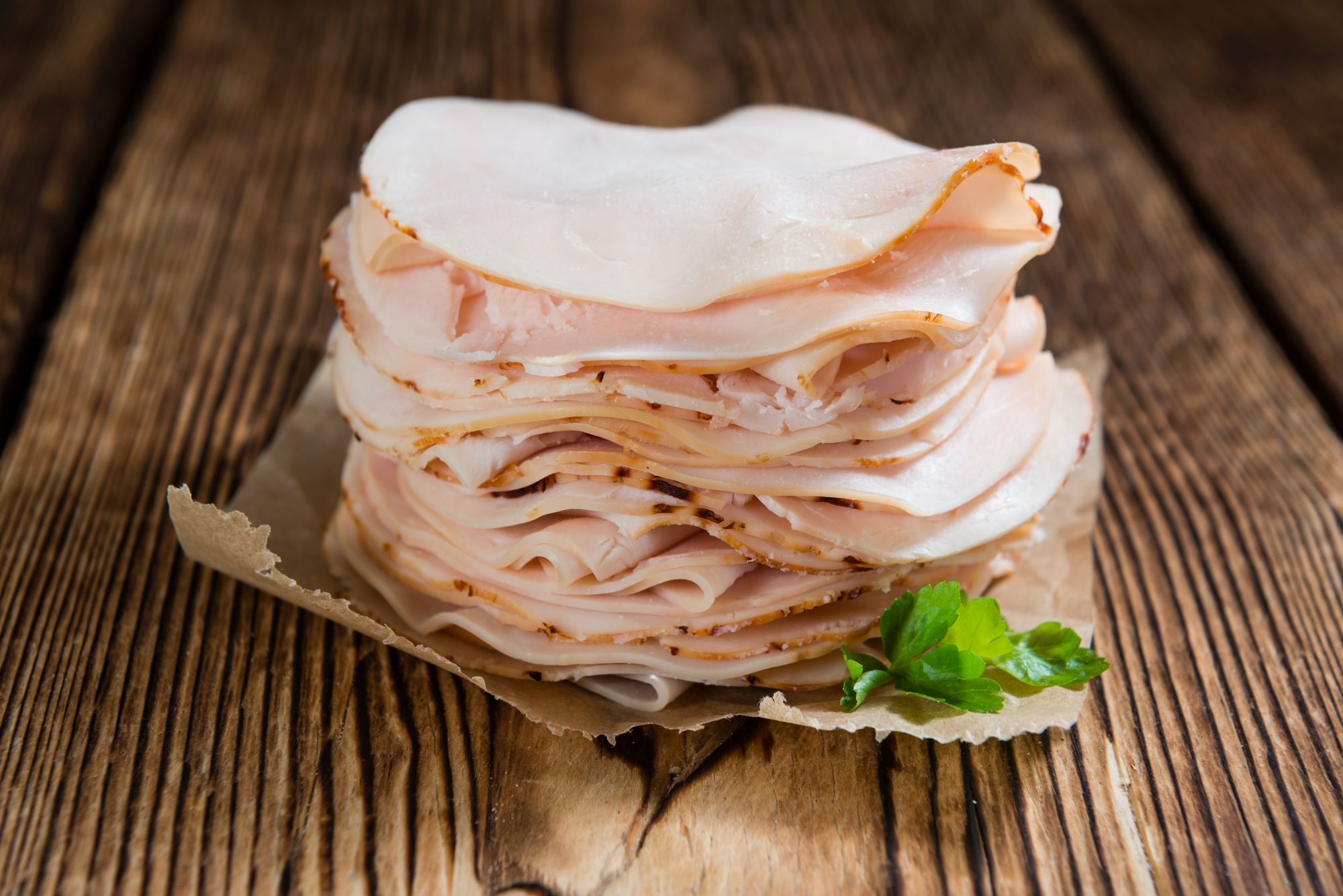
Carbs per 1 slice of prepackaged turkey: 0.36 grams (0.1 grams sugar, 0 grams fiber)
For a low-carb, protein-packed lunch option, consider rolling up sliced deli turkey in lettuce wraps. A single slice of turkey contains less than half a gram of carbohydrates, less than one gram of fat, and over two grams of protein.
30) Lean Ground Beef
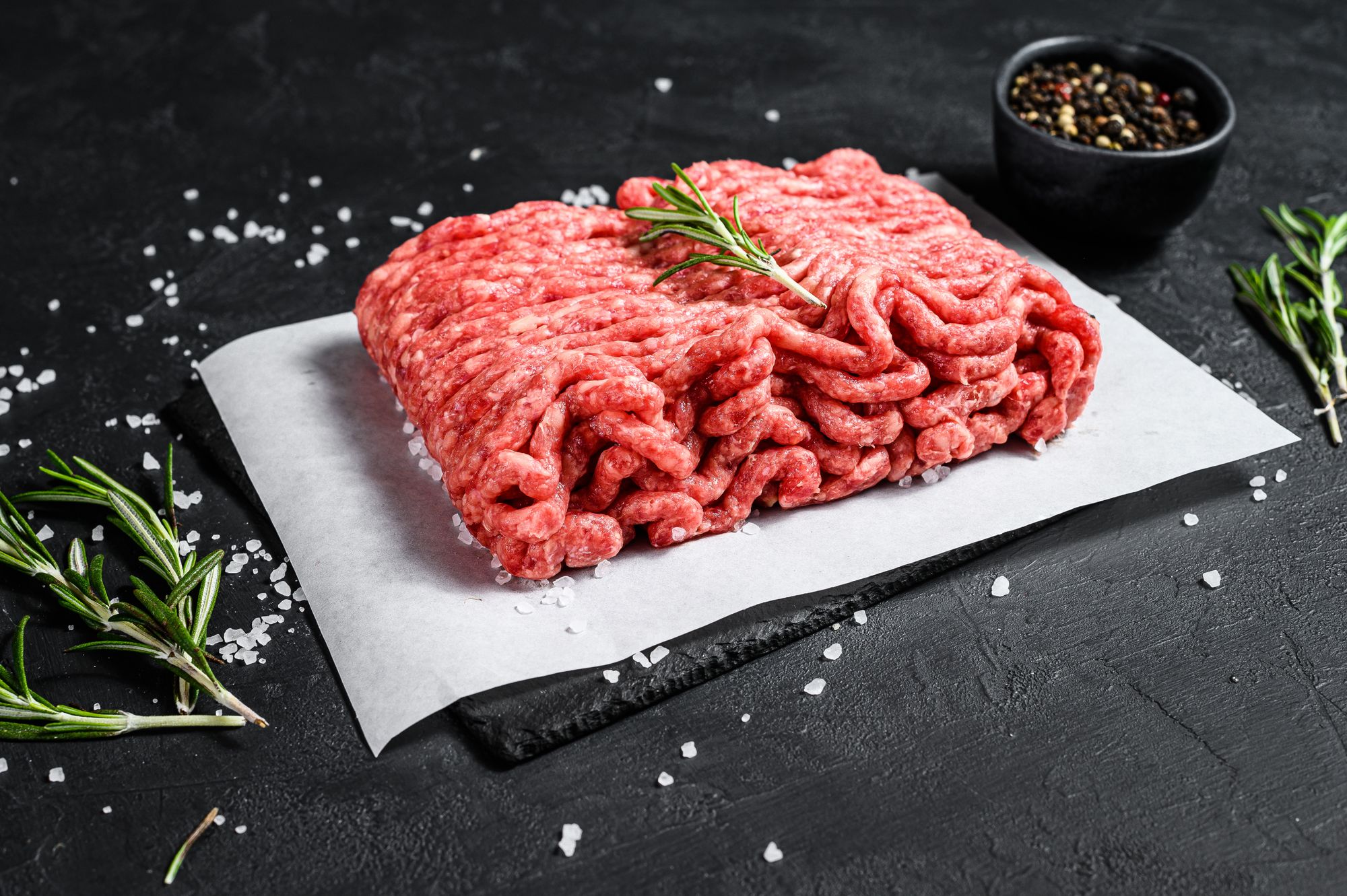
Carbs per 3 ounces of cooked ground beef: 0.5 grams (0 grams sugar, 0 grams fiber)
Preparing lean ground beef is a simple way to incorporate protein into your low-carb meals while obtaining iron, folate, and B vitamins. Opt for lean varieties ranging from 80-100% lean to keep fat content on the lower side.

